“It’s hot here,” the Pastor’s lovely wife said with a smile, “it’s always hot. Sometimes you can see some flowers blooming and you know it’s Spring, but it’s always hot.” The village of TeTautua does not own enough cars to have much of a road so its houses tend to meander along foot trails, which double as scooter and motorcycle paths, a web centered on the imposing blue and white Cook Island church. Ungirded by streets, houses with deep porches, windows without glass, only tattered cloth curtains, lay scattered at random angles. You might forget to notice that there are no dogs (they have been disallowed by the island council, which makes everything its business). Their absence, as much as the haphazard city planning, creates the feeling of a ghost town, especially if the children are in school and the hot sun is broiling the gray coral gravel underfoot.

The island is losing its population, slowly, people emigrating to bigger more populous islands, or New Zealand. Though there is an abundance of fish, there are few (maybe none) of the occupations that keep idle hands busy in even the smallest midwestern ghost town. In the big village on the other side of the atoll there is a nurse. There is a policeman, somewhere. There are teachers. But there are no stores. There are scant few gardens, a difficult enterprise in the hard limestone pavement that constitutes the earth of an atoll. There are thriving coconut groves, possibly the remnant of a copra operation, the kind that is still subsidized in French Polynesia. For a while there was a booming pearl farm business, which succumbed to cyclones and a disease among the oysters. Perhaps the mental, emotional, spiritual space that in North American suburbia is filled with cars and traffic lights, malls, donut shops, Home Depot and Costco, here is filled by the sea herself and the Cook Island Christian Church.


It’s no secret that missionaries did a number on the South Pacific. This is still one of the main places those white shirt and tie young scrubs in the Salt Lake airport are all headed. But it was news to me that God apparently doesn’t want you to fish on Sundays (I thought Jesus was a fisherman). No work, no play, no music, no swimming (sound familiar?). Like a friendly, island version of the Taliban, they take these injunctions seriously in Penrhyn and they made it their business to see that we anchored right by town to ensure that we weren’t off enjoying ourselves on Sundays doing the devil’s worst out of sight of the church’s two story pulpit.
Naturally, we were invited to church. Hats strictly required for women (strictly not allowed in Tonga) but definitely NOT permitted for men. Diana showed up with a beautiful head wreath from Rapa (made for church there) but here she was told she had to have a hat that covered the top part of her head (cuz God is looking down, I guess?). Long pants for men (in the tropics!), luckily Mike had a light pair I could borrow so I didn’t have to wear jeans. The Pastor’s white pants (God only knows how he kept them white) were unhemmed and about eight inches too long for him, so he walked on them, barefoot when he greeted us at his house and then under sandals for the service. He carried a bible, well worn with pieces of folded paper tucked among its pages, King James translated to Māori/Tongarevan, the language of the Cook Islands.
We arrived in the morning to find out that regular church had been cancelled because an elder woman, Mama Takulani, mother of 12, had died in her sleep early that morning. She had lived on Penrhyn her whole life, in this village of about fifty people, with barely one dirt road and about four cars to drive on it, no stores, no post office, nothing but a collection of very simple homes occupied by people who must know each other very, very well.
We gathered at her house, the palangi (foreigners) outside on plastic chairs to witness a three hour funeral, mostly singing, which seemed unscripted and improvised, arising spontaneously from the group of women seated on the patio floor. Men joined in, and the harmonies were unlike anything we’d ever heard, oddly discordant and complex, a fascinating mix of church hymns and Polynesian music, all the more intense as an expression of mourning. Speeches were given by men, long speeches, in the local language, with occasional acknowledgements in English to the visiting Palangi. The woman’s body was carried to the church, in through the left-hand door, briefly spoken over, then exited through the right-hand door. She was buried in a pre-built concrete crypt in a hole dug that morning by a backhoe outside her bedroom. She was covered with a tapestry and laid in the ground. It felt very odd to witness something so profoundly personal and significant for our hosts, though they went out of their way to make us feel welcome, and afterward there was a feast, with an insistence that visitors eat first.
The next Sunday (Father’s day!) respecting their local commandments and traditions, I did not fish. The first time that has happened since I became a father, 27 years ago. Instead, we went again to church to be harangued, mostly in Tongarevan, but also in English, by a series of men who (like the pastors of Rapa), utilized a hierarchically arranged pulpit (literally with stairs) to wield their authority. Maybe you need something organized like this on an island with nothing but turquoise water and sun and fish, to keep people from running amok, though it felt so out of place with the usual island vibe of very friendly, relaxed, open people. Singing provided some relief in the service, though the performance was more structured and a little more hymn-like than what we witnessed at the funeral. There’s a lot of this kind of singing in Penrhyn, all through the week, several times a day on Sunday. They grow up with this music, so they sing with passion and confidence and subtlety. The women often hold a hand to their face as they sing, and I wasn’t sure if it was to help them hear their voices (the way you might imagine Sting in a recording studio), or to hide their faces and wide open mouths. One young woman held a book that blocked most of her face. Afterward, there was another generous feast at the Pastor’s house, with pictures of the gathering of foreign visitors (representing several countries in Europe and North America) to be posted on Facebook.
When it seemed we would be on the island for another Sunday (waiting for a weather window to depart, and fishing) we decided we would skip church, but thought we’d better say something about our decision in advance. The Pastor seemed relieved (the unexpectedly large group of sailors must have been hard on his freezer, which would not be refilled until the next supply ship, months out). He did admonish us not to do anything on our boats, especially not swim, and seemed to joke (not sure here) that the sharks were in league with God and would enforce the no swimming on Sunday rule. Diana spent about five hours in the water cleaning our hull anyway, and lived to tell.
Though we chaffed at being required to observe the religious regulations of the island, presented to us as Law (which almost certainly cannot have been constitutional in a country governed by New Zealand) we were also overwhelmed by the generosity of their reception. Gift giving and hospitality is a pervasive and vibrant cultural practice throughout Polynesia, and they outdid themselves. We did our best to give back, too. And although the dogmatic Christianity was a tad stifling, we still managed to have some good connections. The Pastor was a bit of an odd duck in that way, at least for me, it was very hard to engage him in a regular conversation. His relationship to the visiting foreigners seemed mostly about the opportunity to give speeches and express the piety of his flock and the importance of his position as their spokesman.
We were the fourth boat to visit Penrhyn in 2019, but within two days there were eight more boats. Most of them part of a group of kid boats (that is, boats which have kids on them, who generally drive the social schedule), all loaded with school supplies to give to the children of Penrhyn. Liza, of the boat Liza Lu, is a teacher from New York whose class had started a pen pal relationship with Penryhn before coming. She had more postcards to deliver and spent time at the school helping the kids compose new post cards that she would mail back to her school. Our friends on Alondra, marine biologists with two girls, eleven and twelve, brought in microscopes and spent a day with the students peering at everything from fly eyes to butterfly wings and gecko toes. A huge hit. The boat ‘Panacea’ with Tuomo, Reka and their kids presented a slideshow about how they’d come to be there aboard a sailboat, and shared glimpses of all the countries they’d seen. The families aboard s/v’s Luminesce, Calle II, Itchy Foot and Caramba all participated, too, and Adagio’s crew were elemental helping with the mosaic. It was an unusually bustling ‘point in time’ on the sleepy eastern side of Penrhyn … ~MS








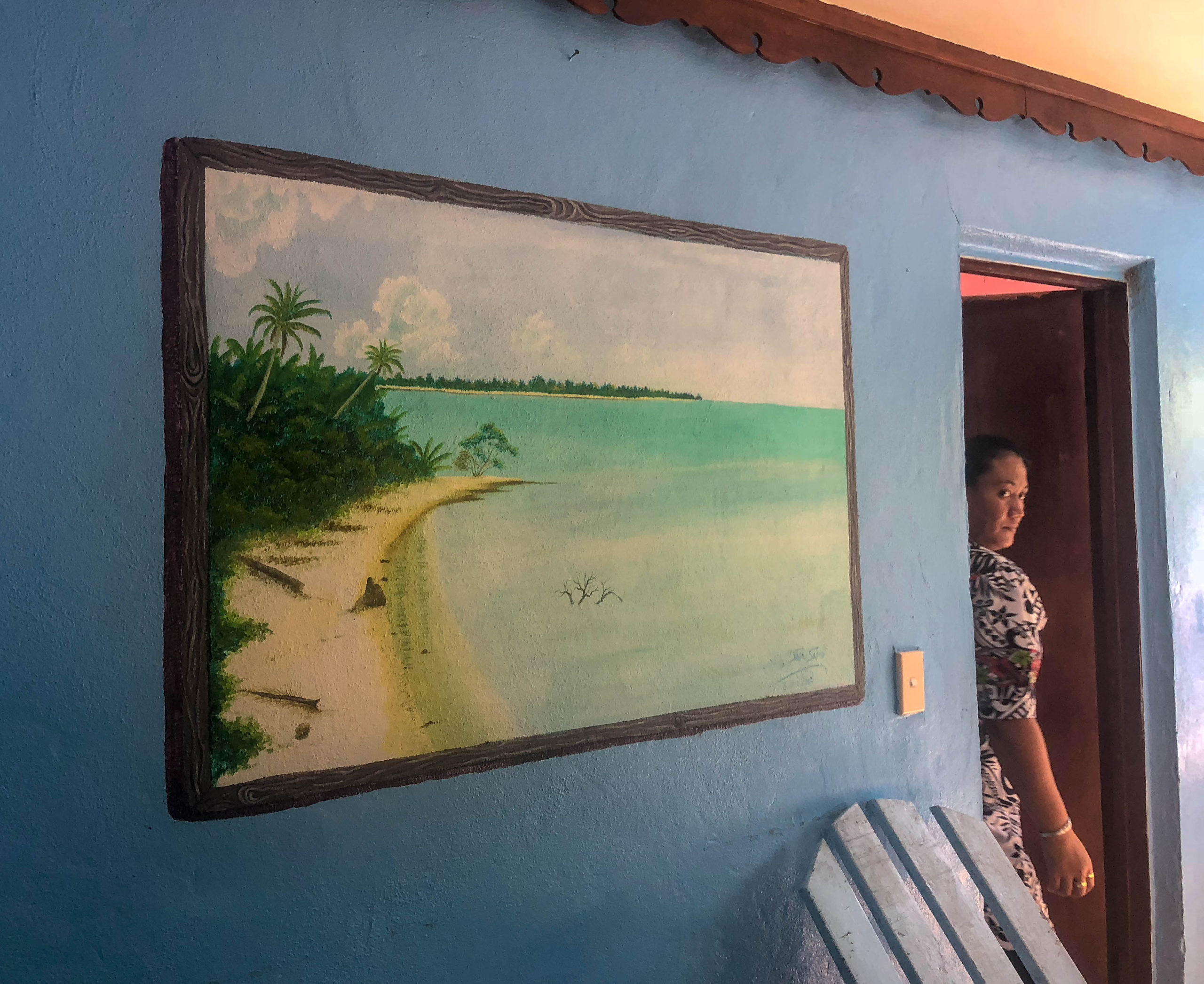



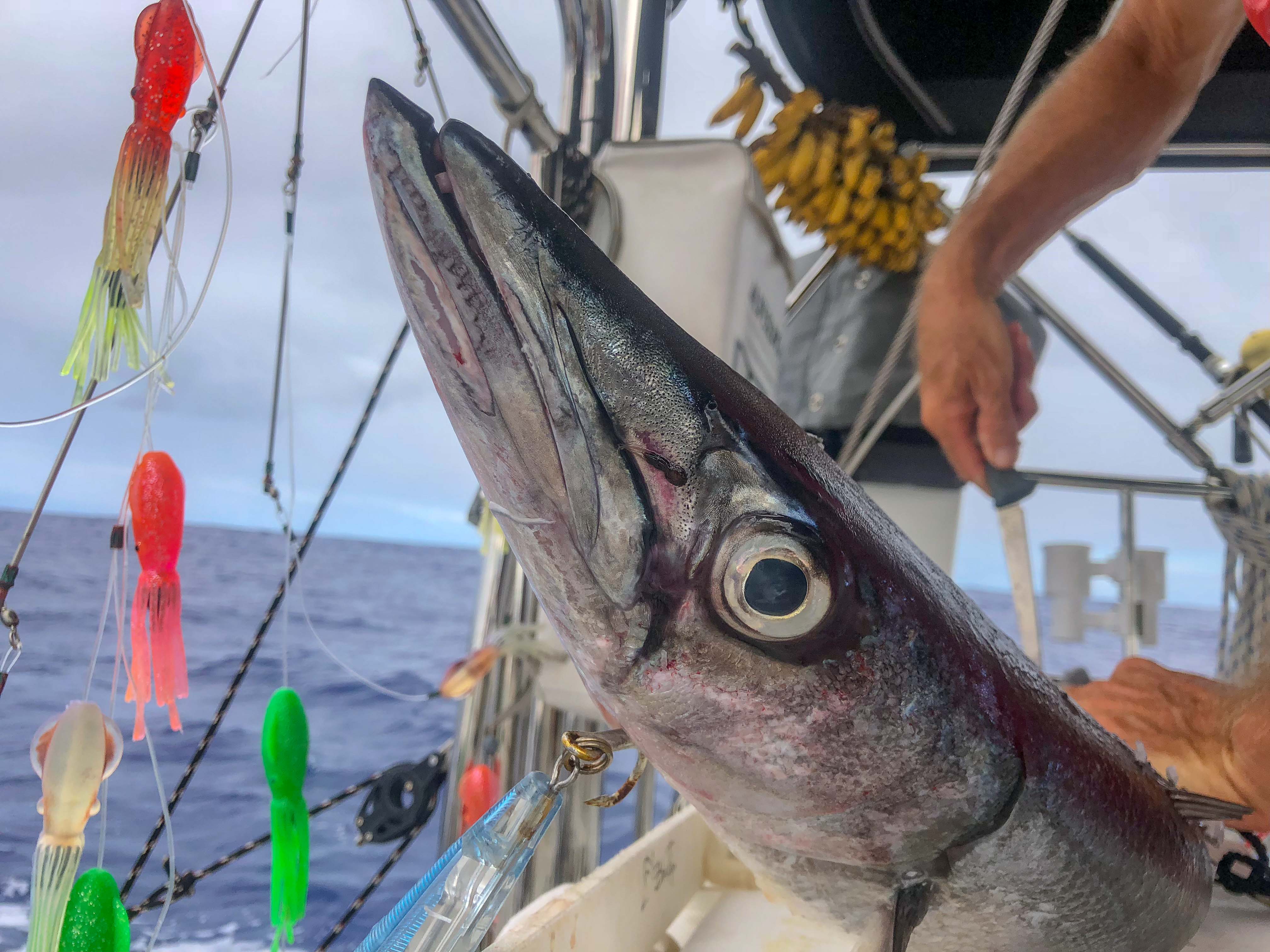
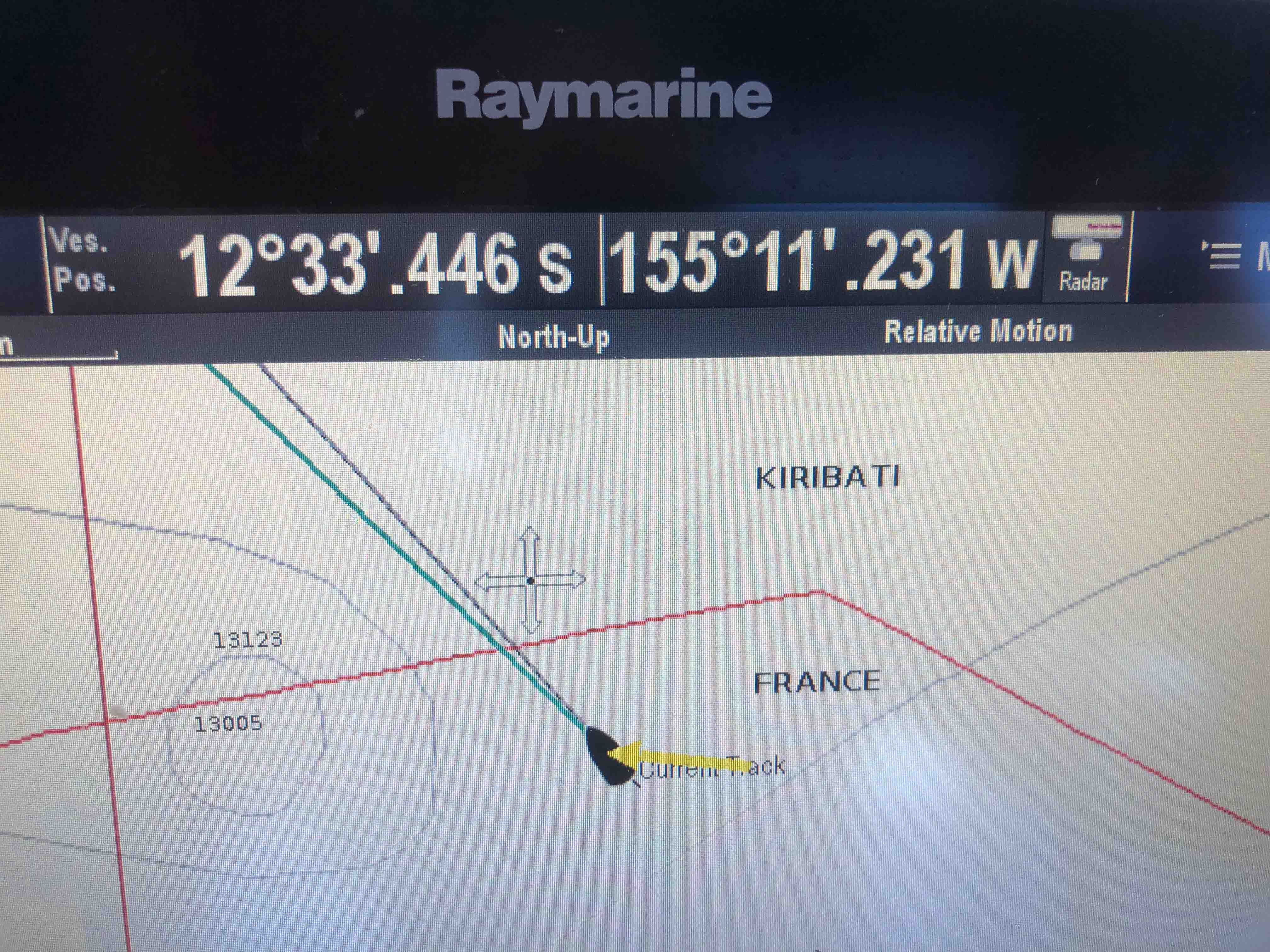
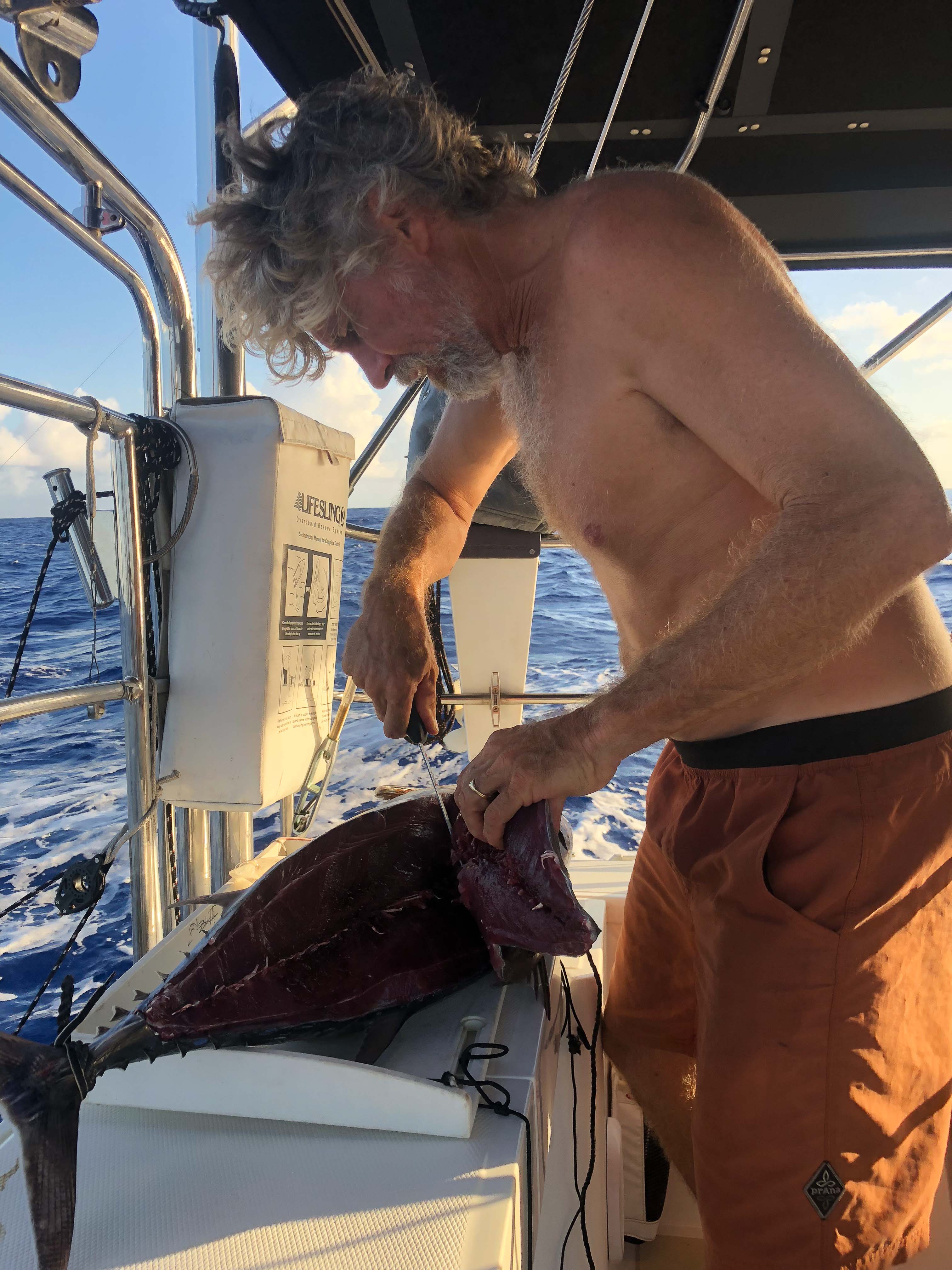
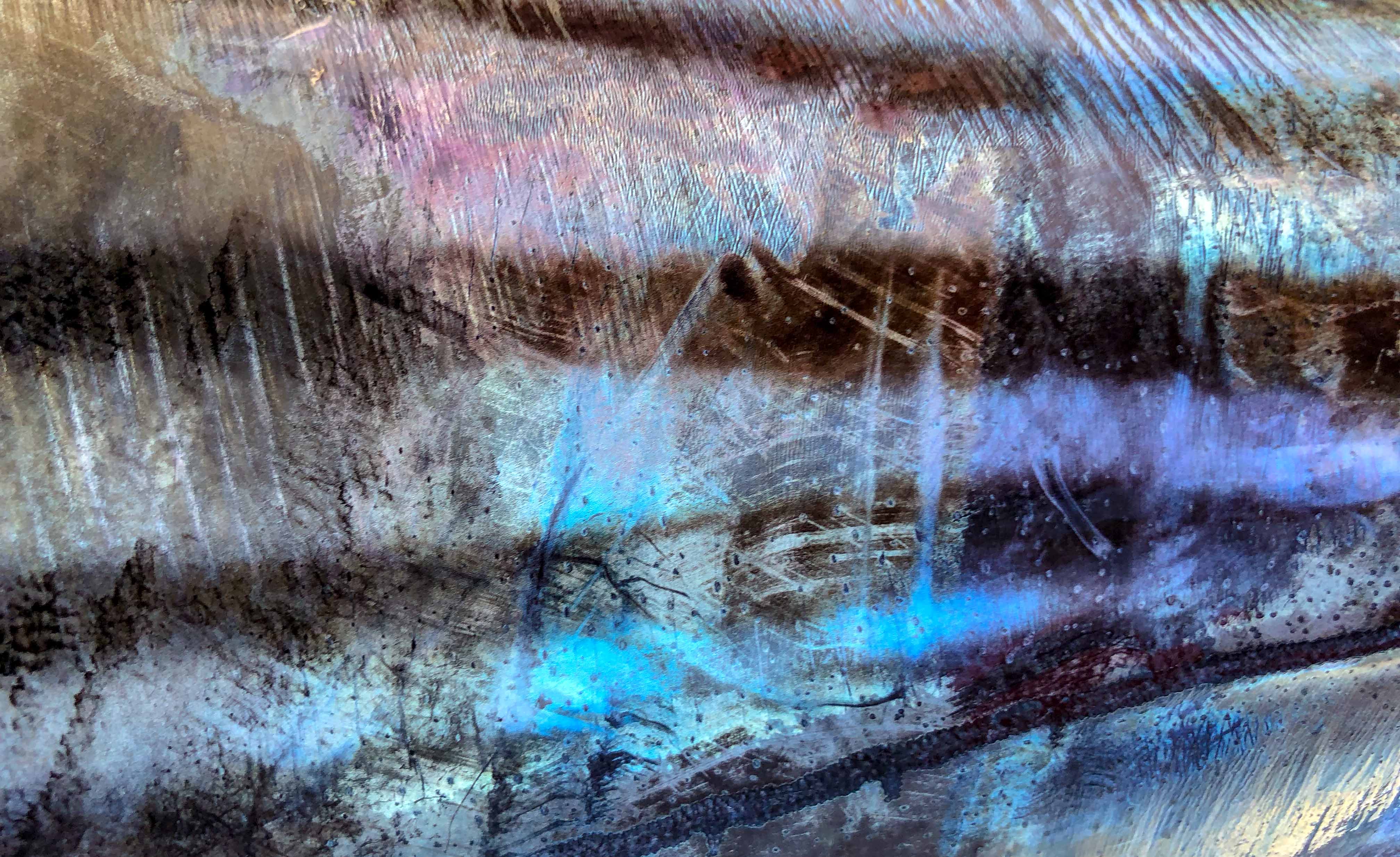

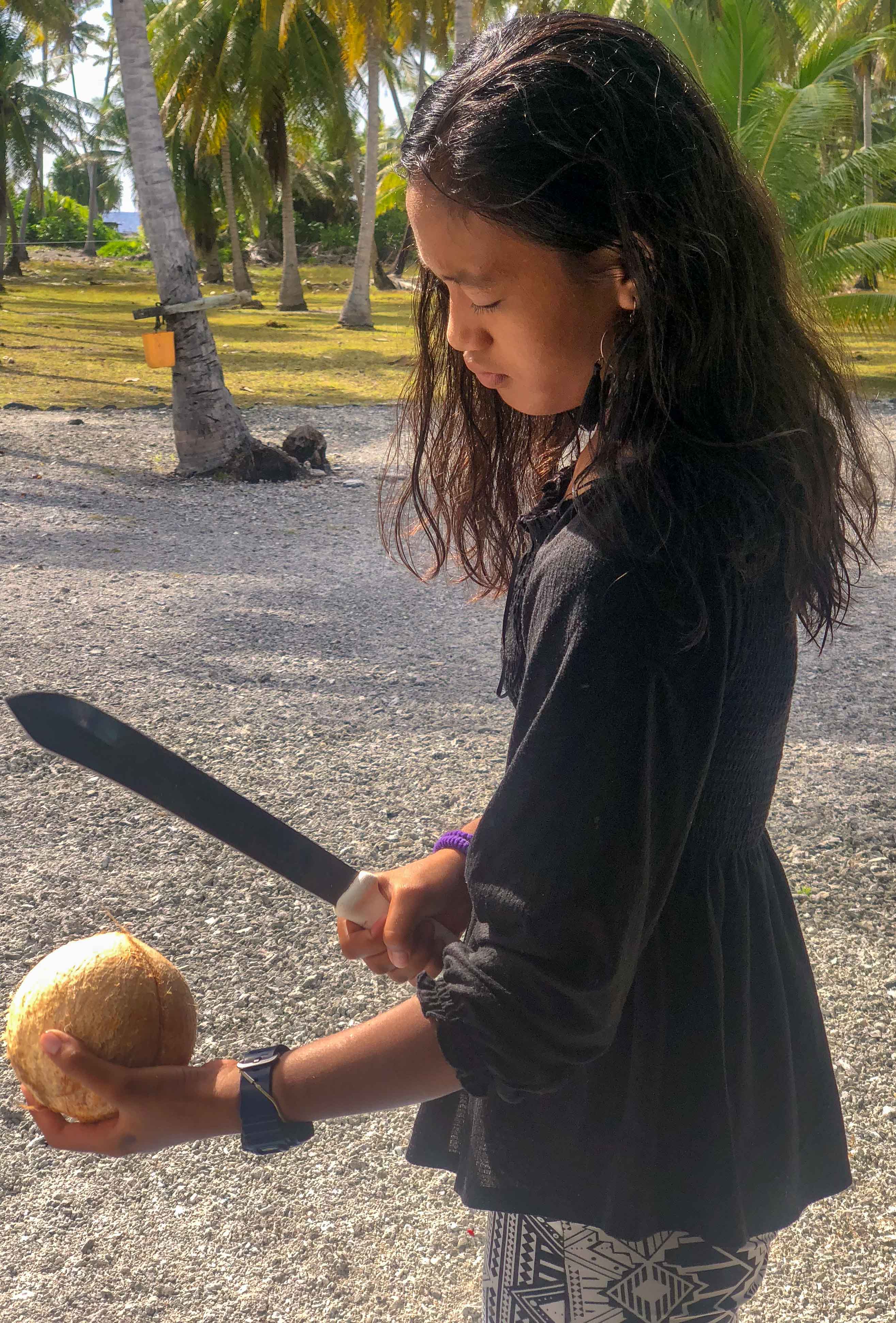
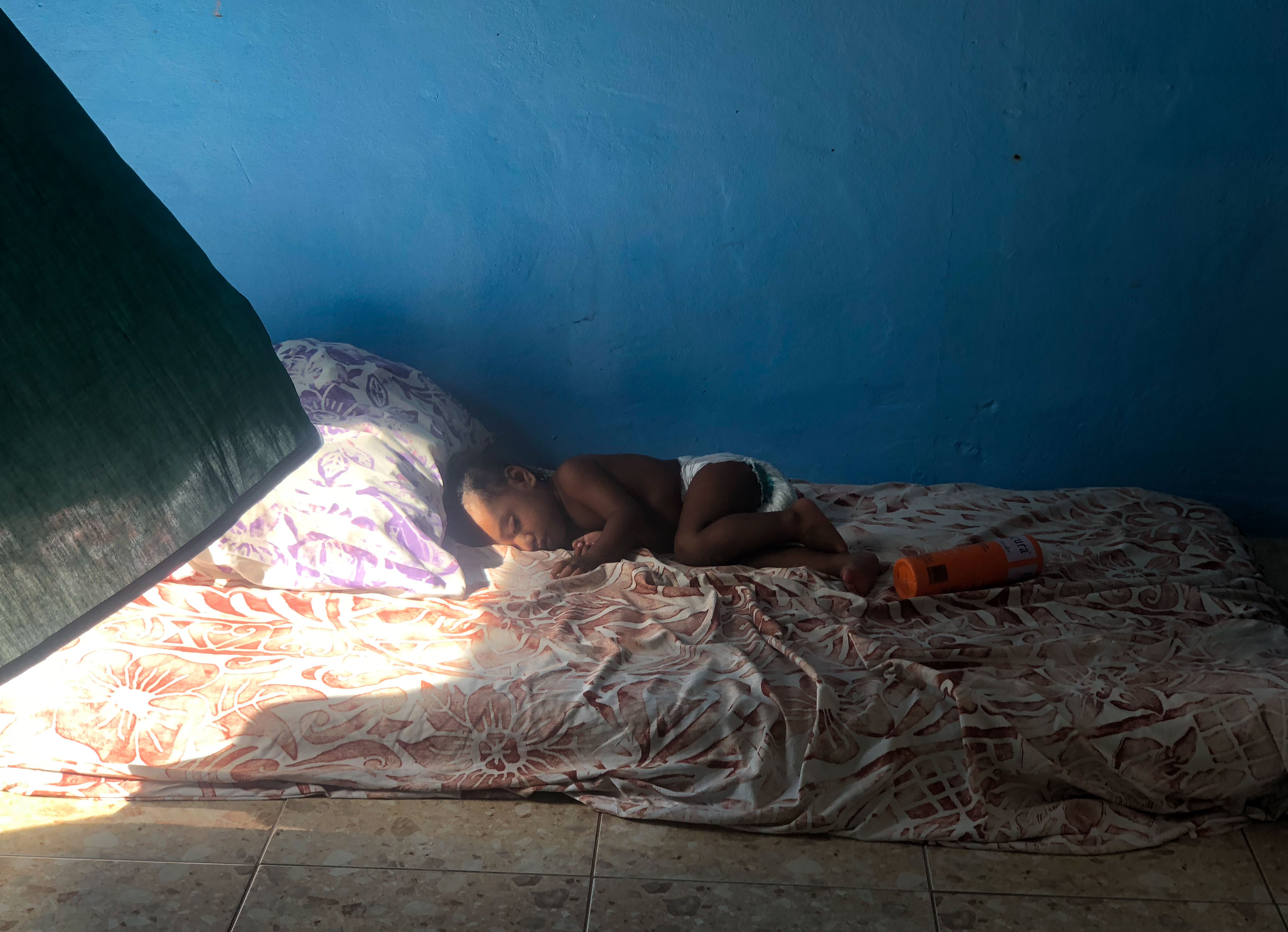
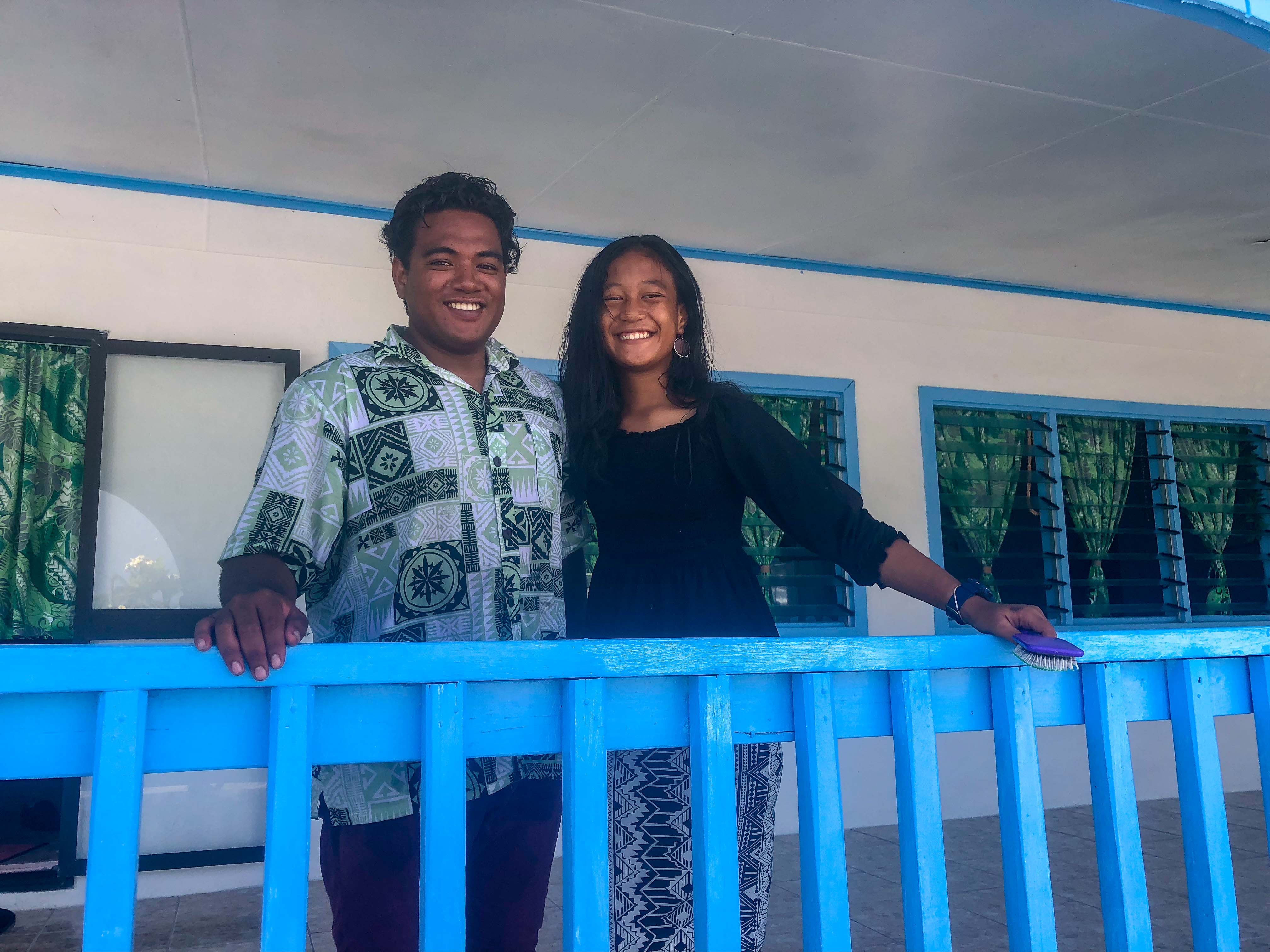
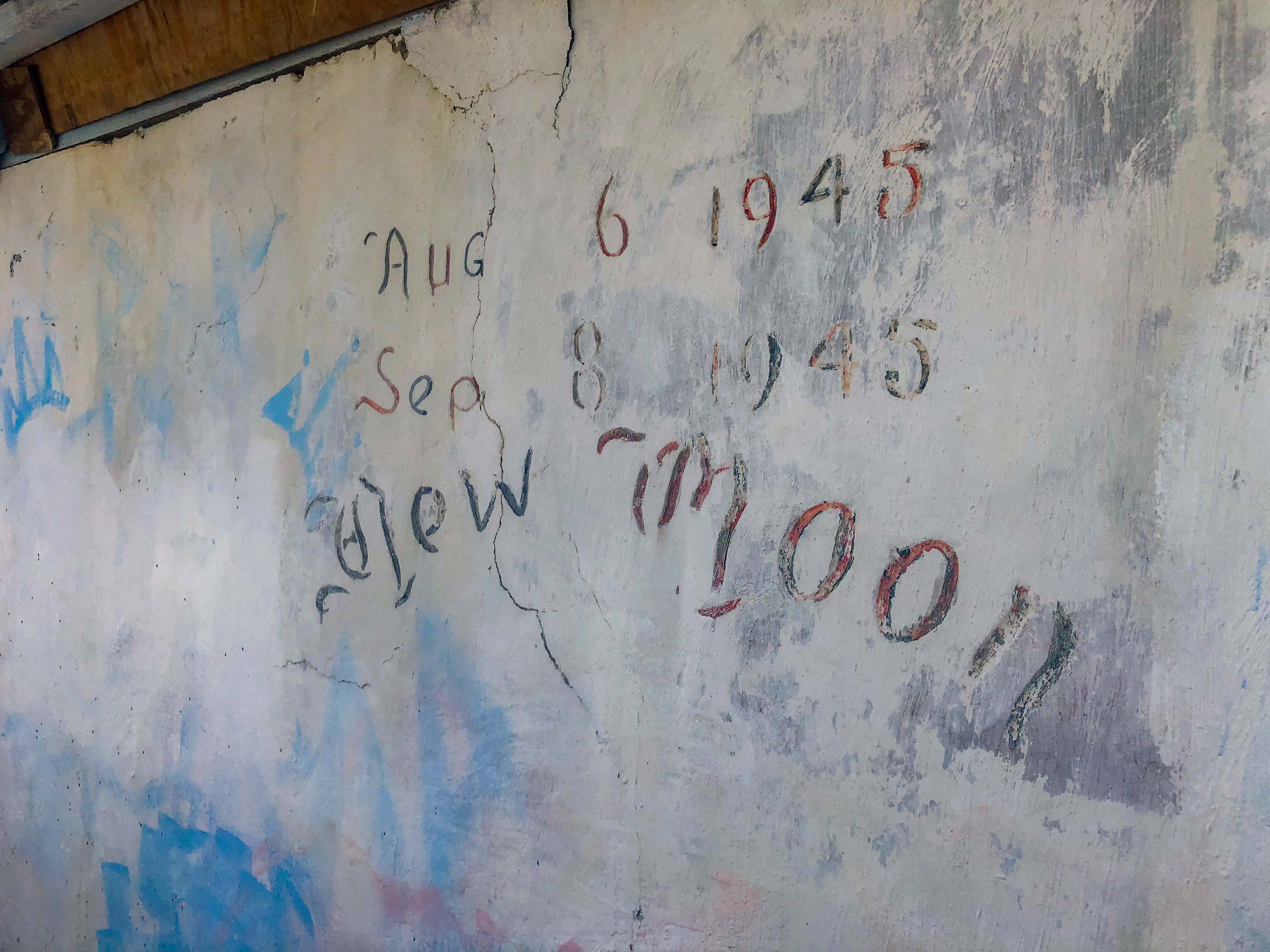
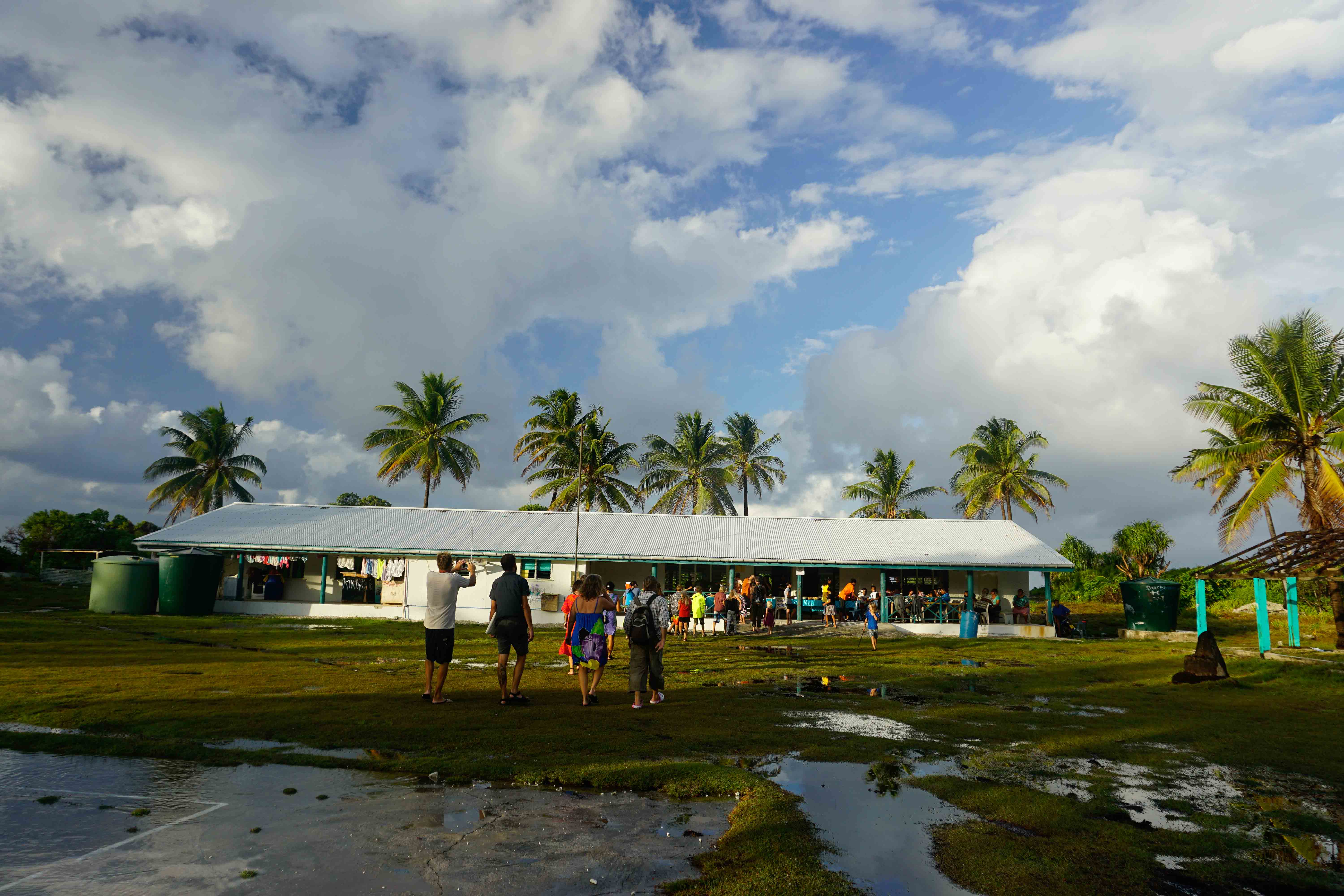
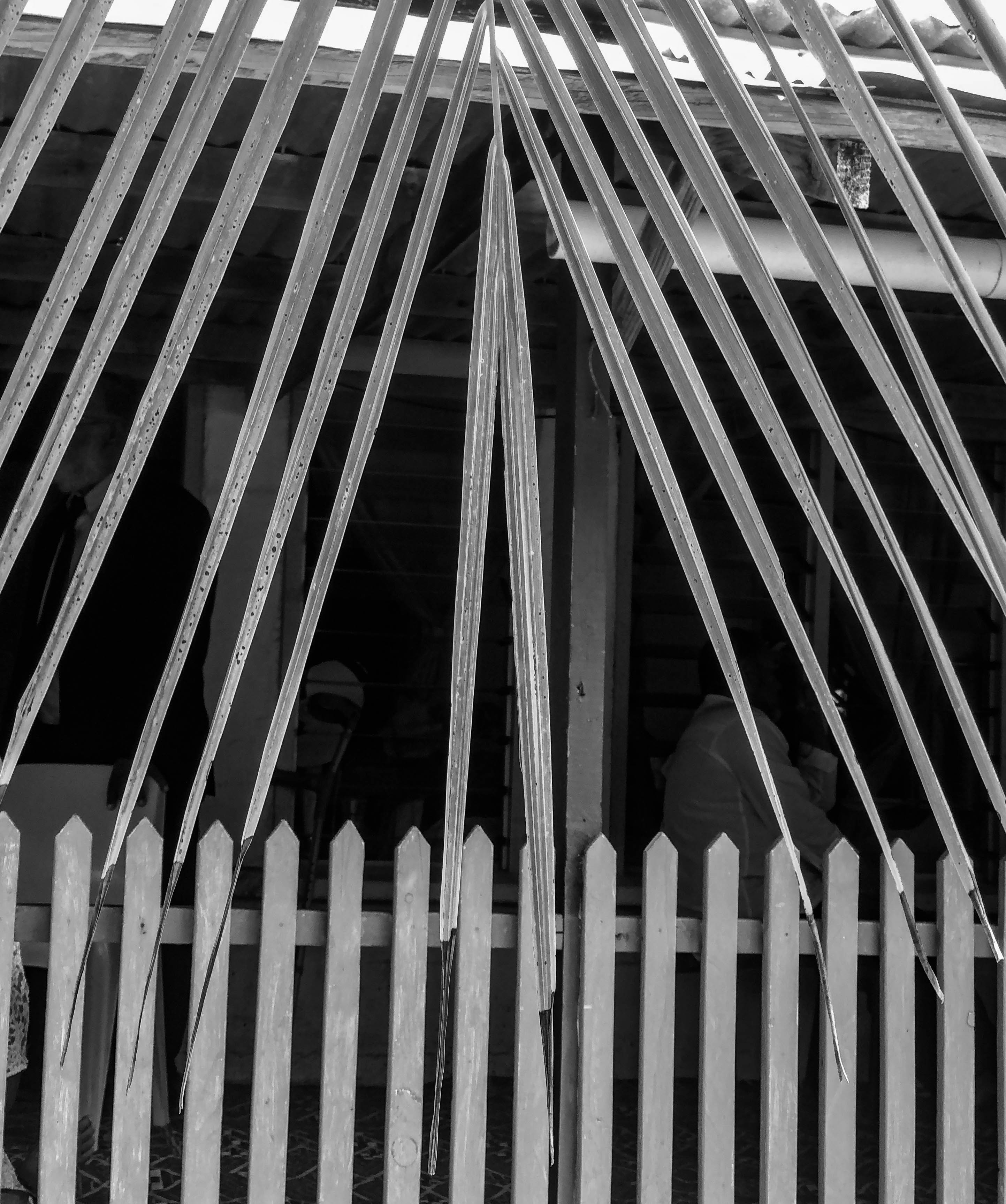
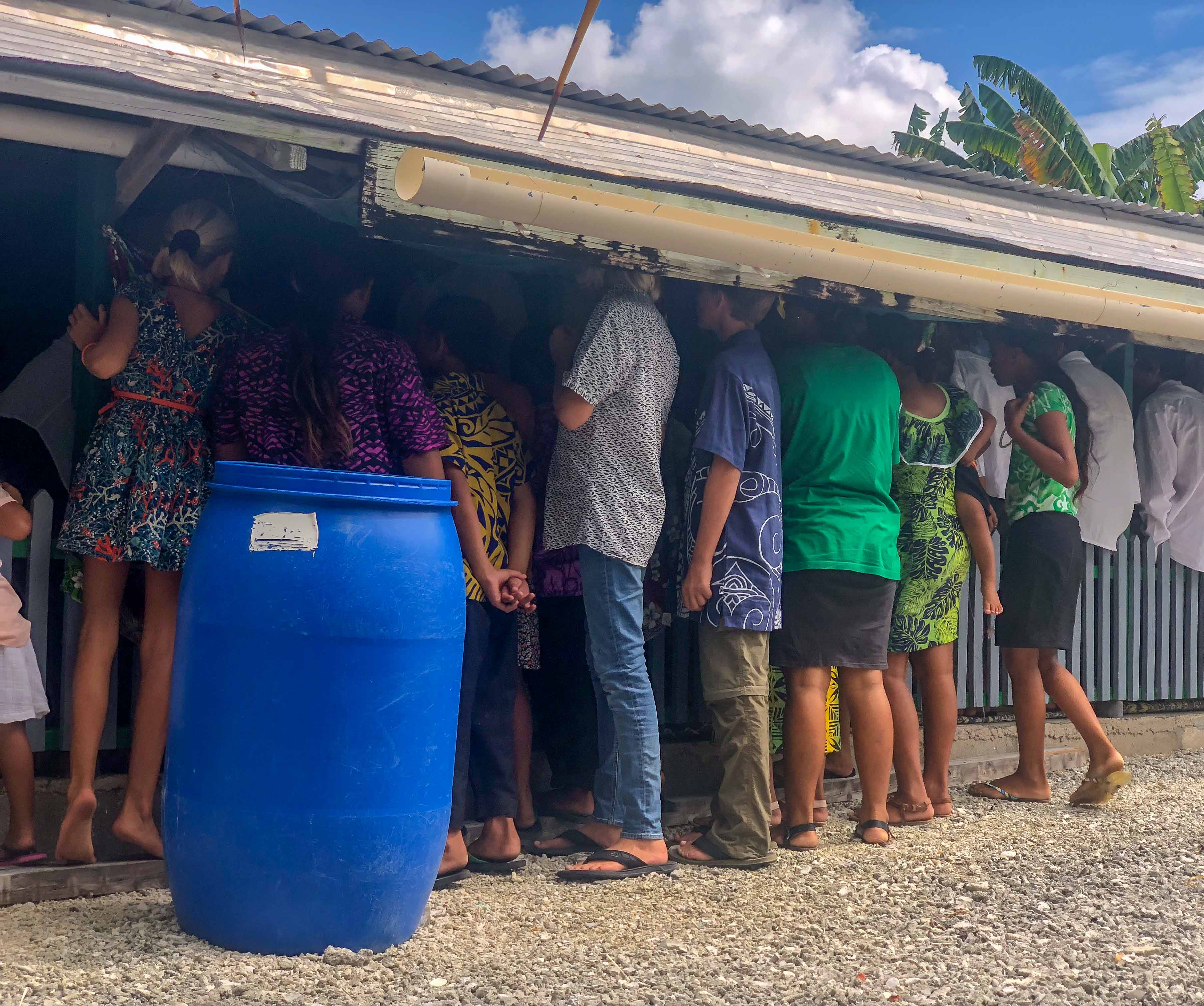
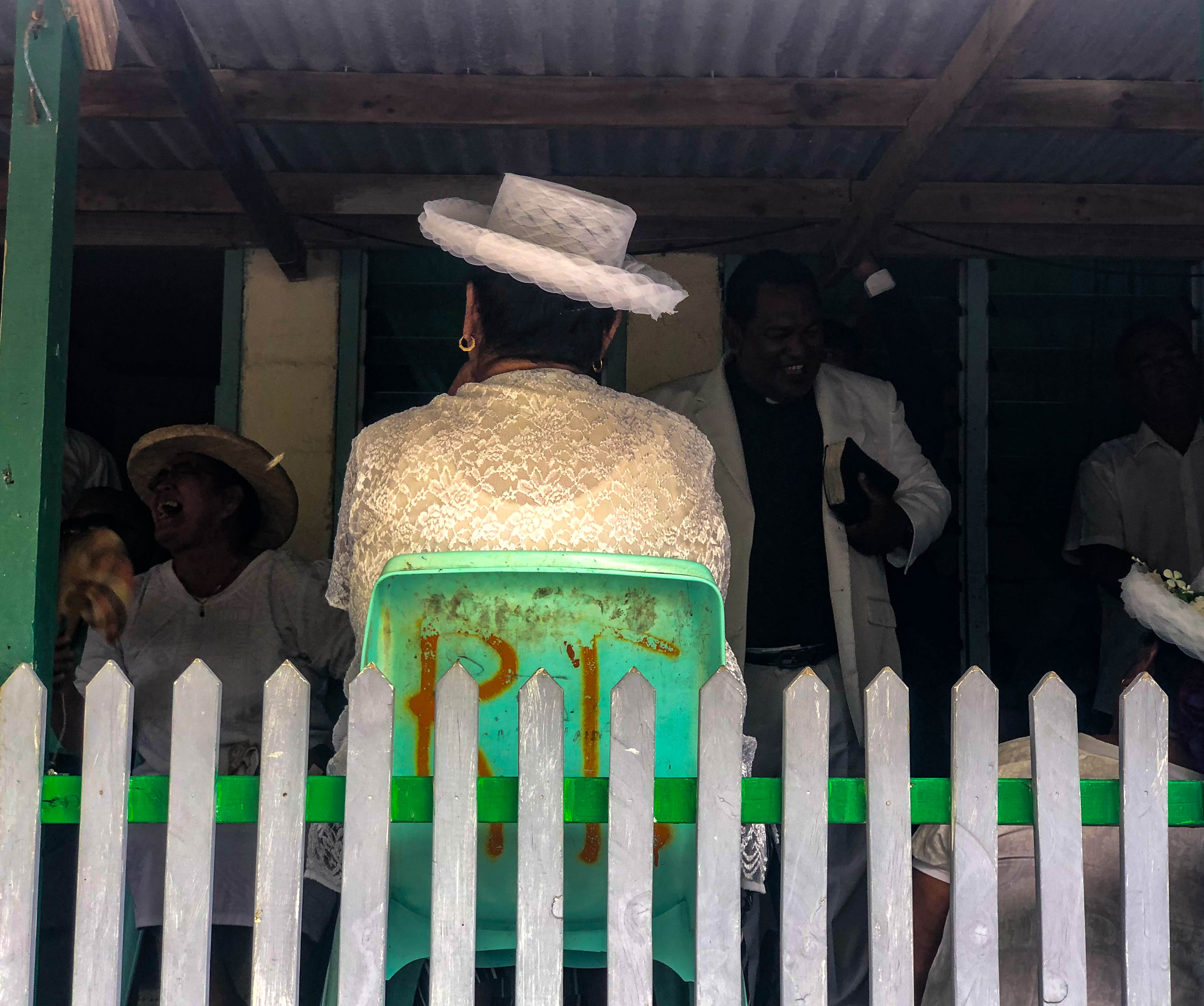
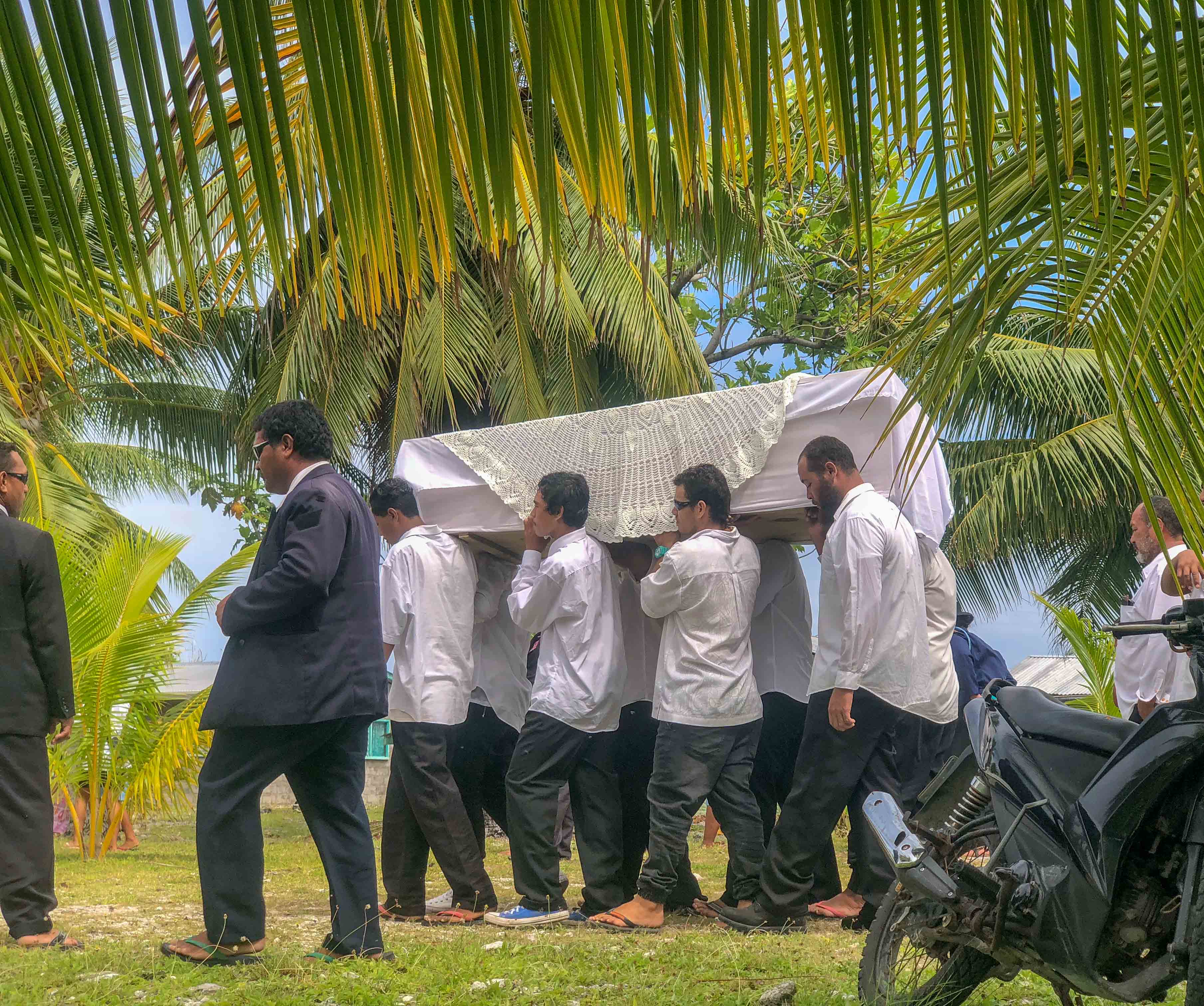
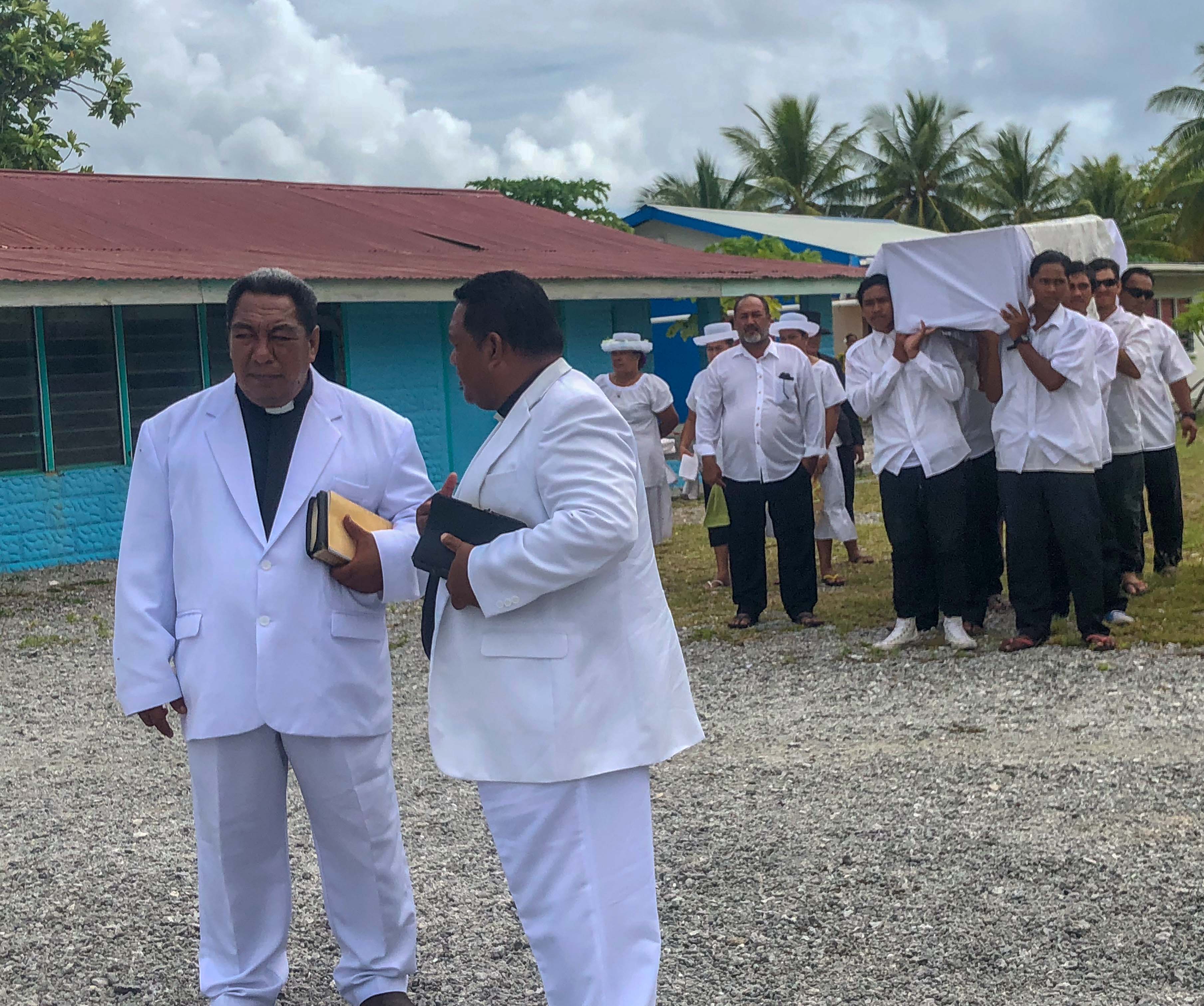
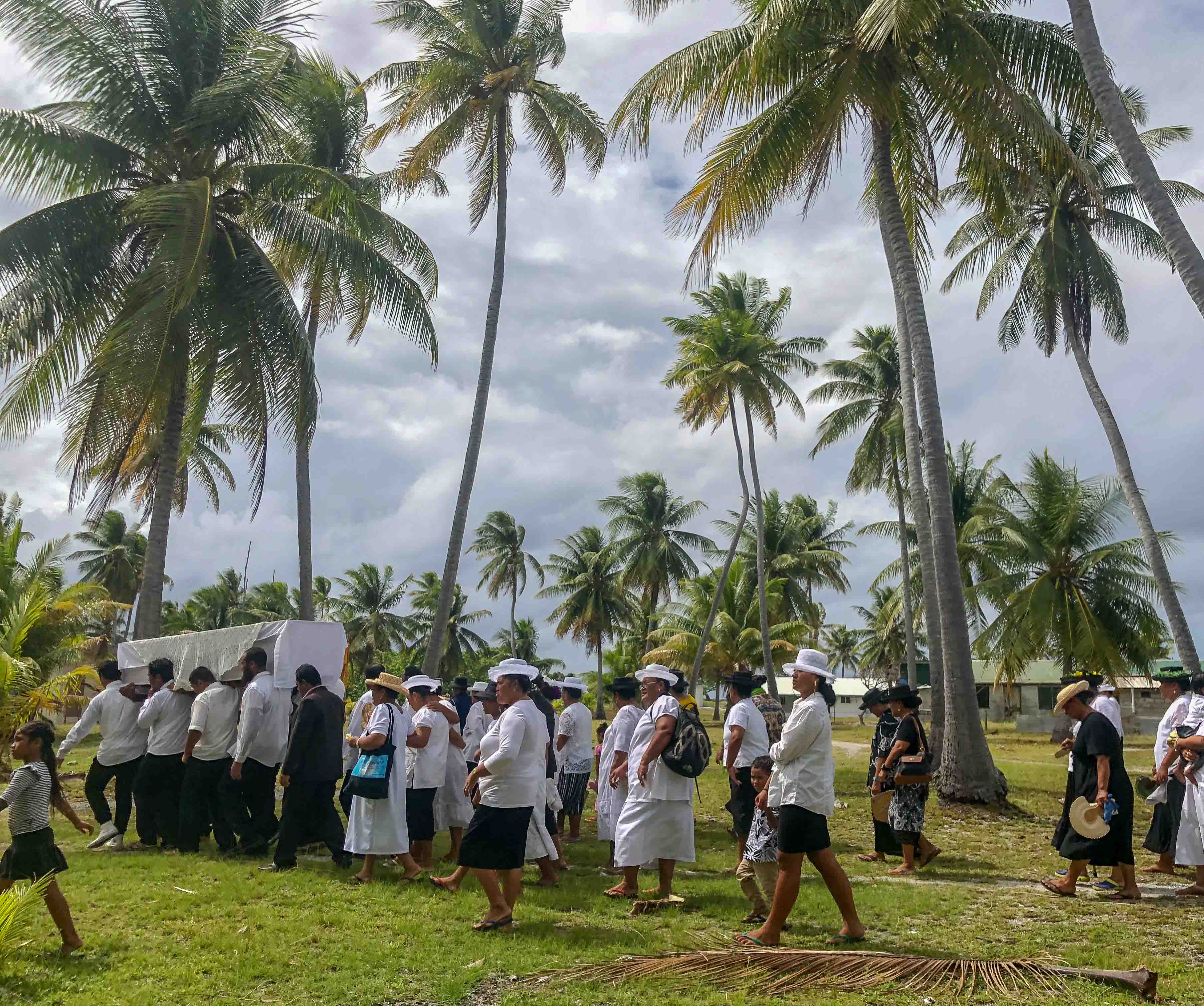
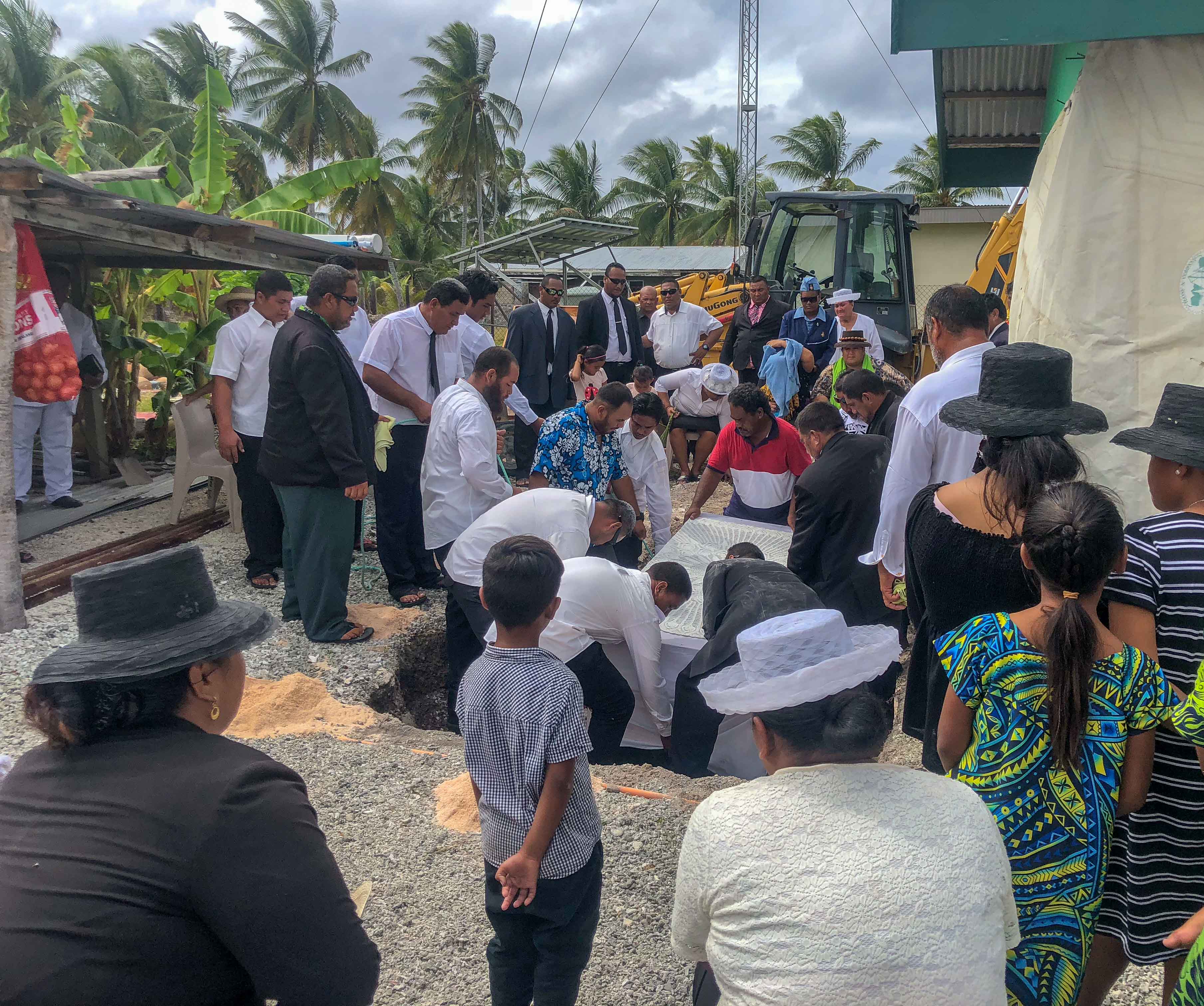
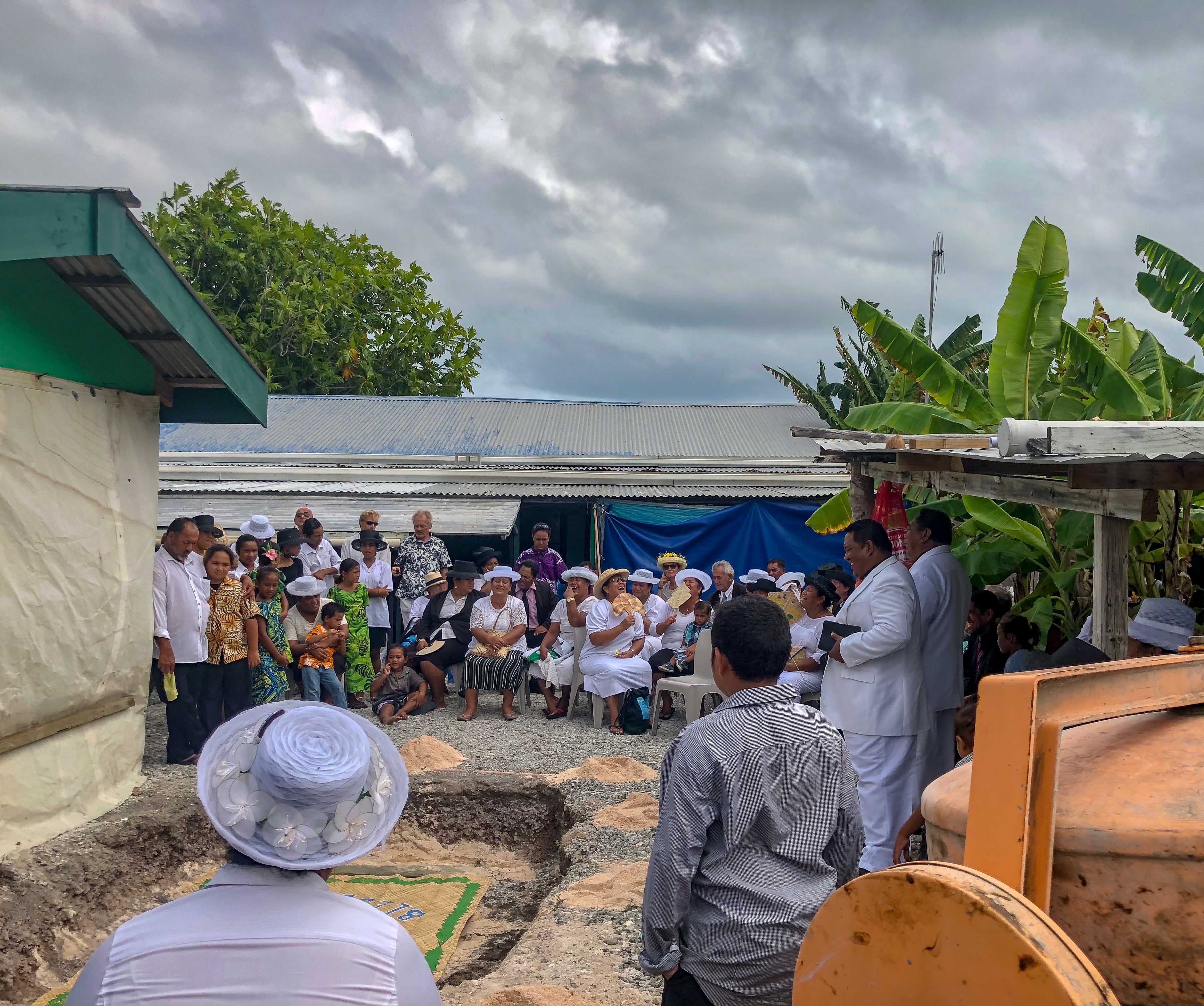
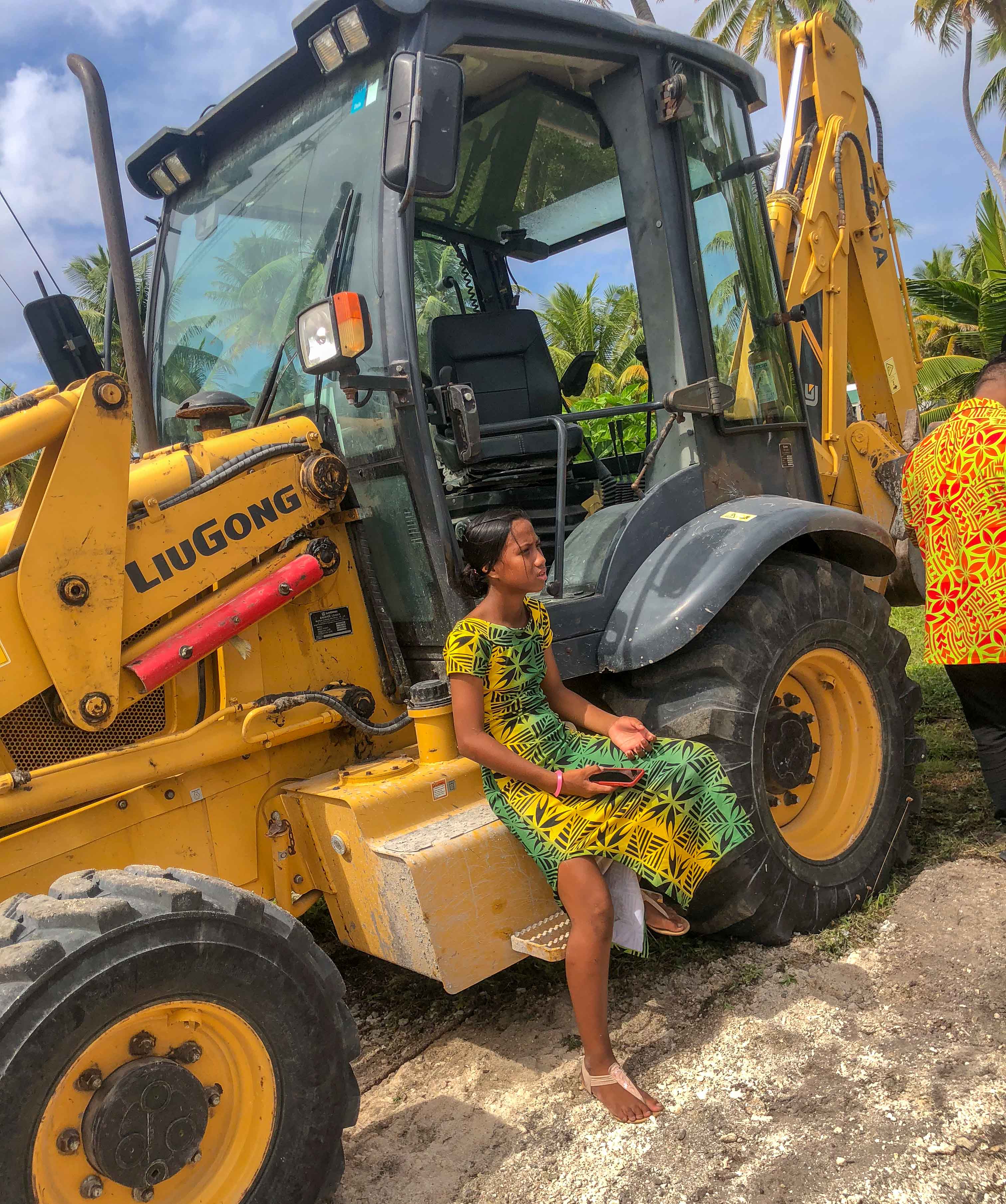
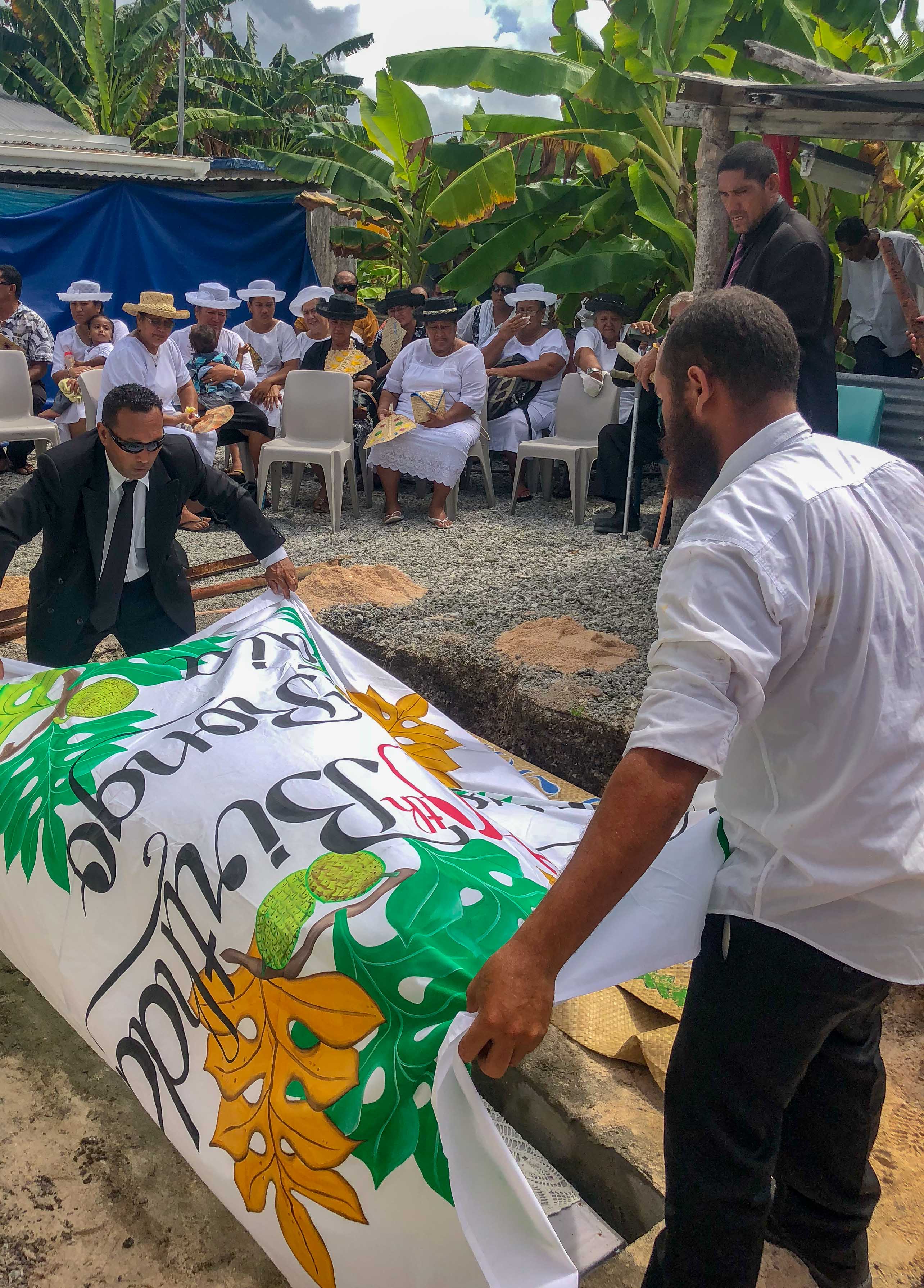
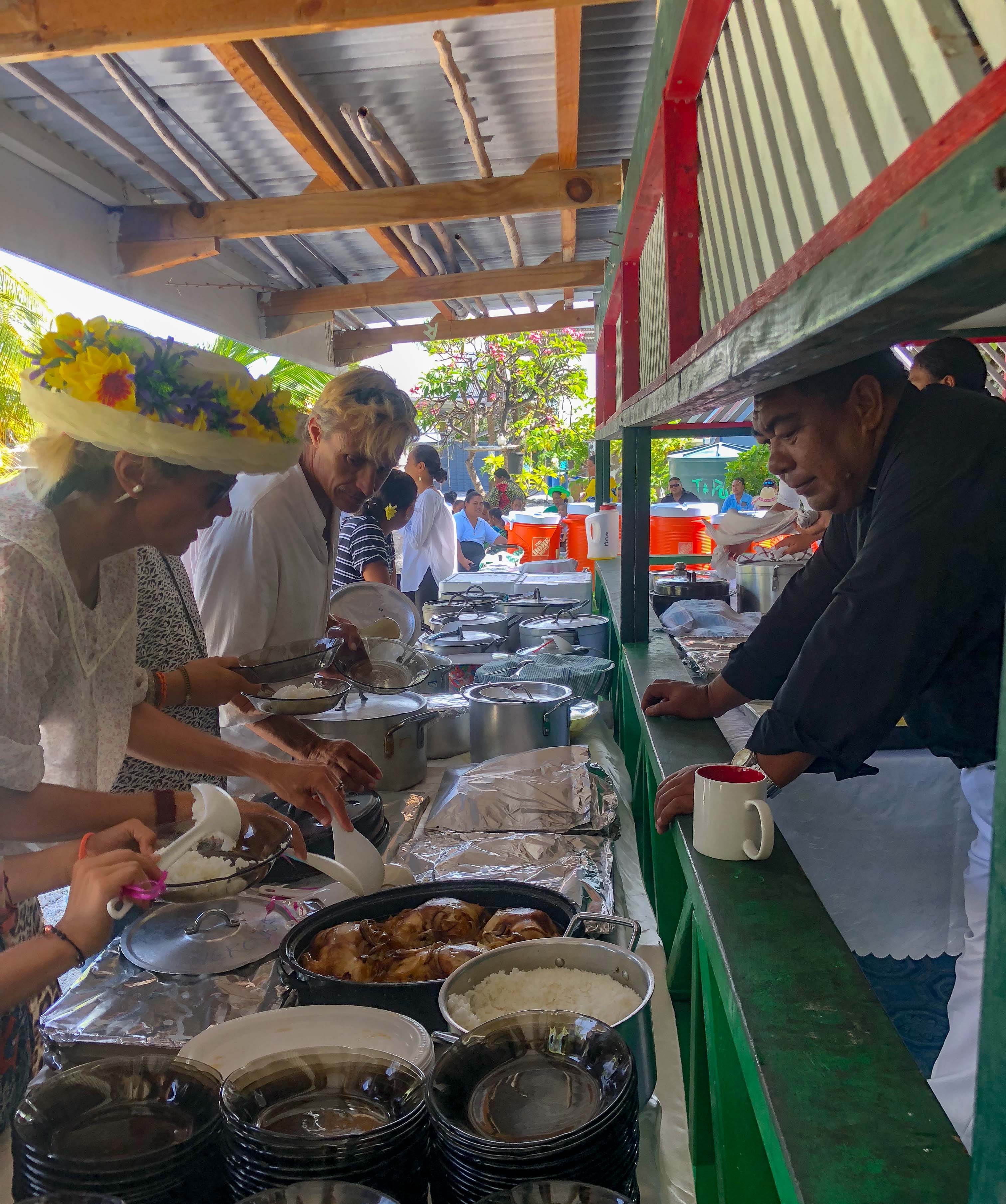
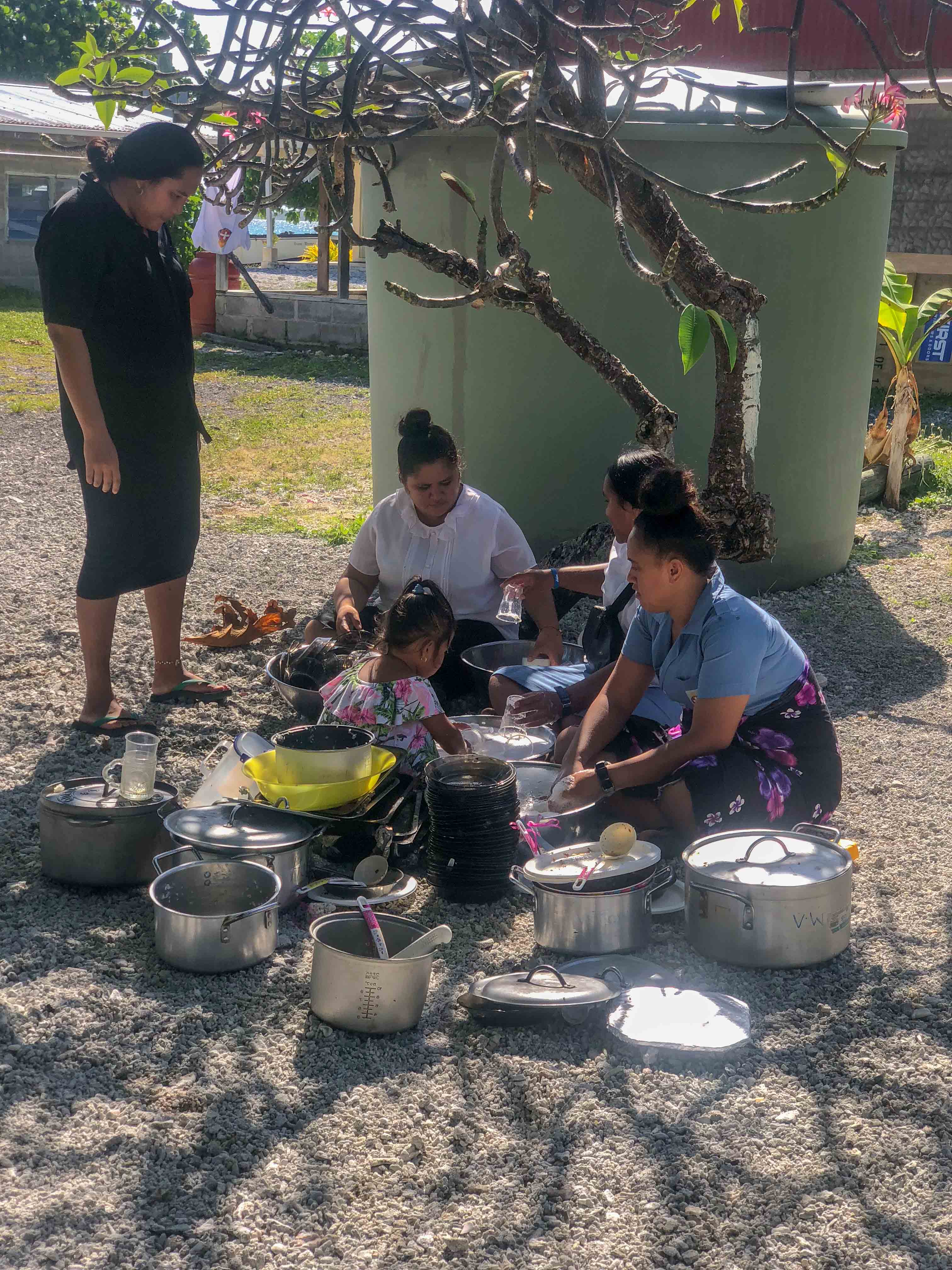
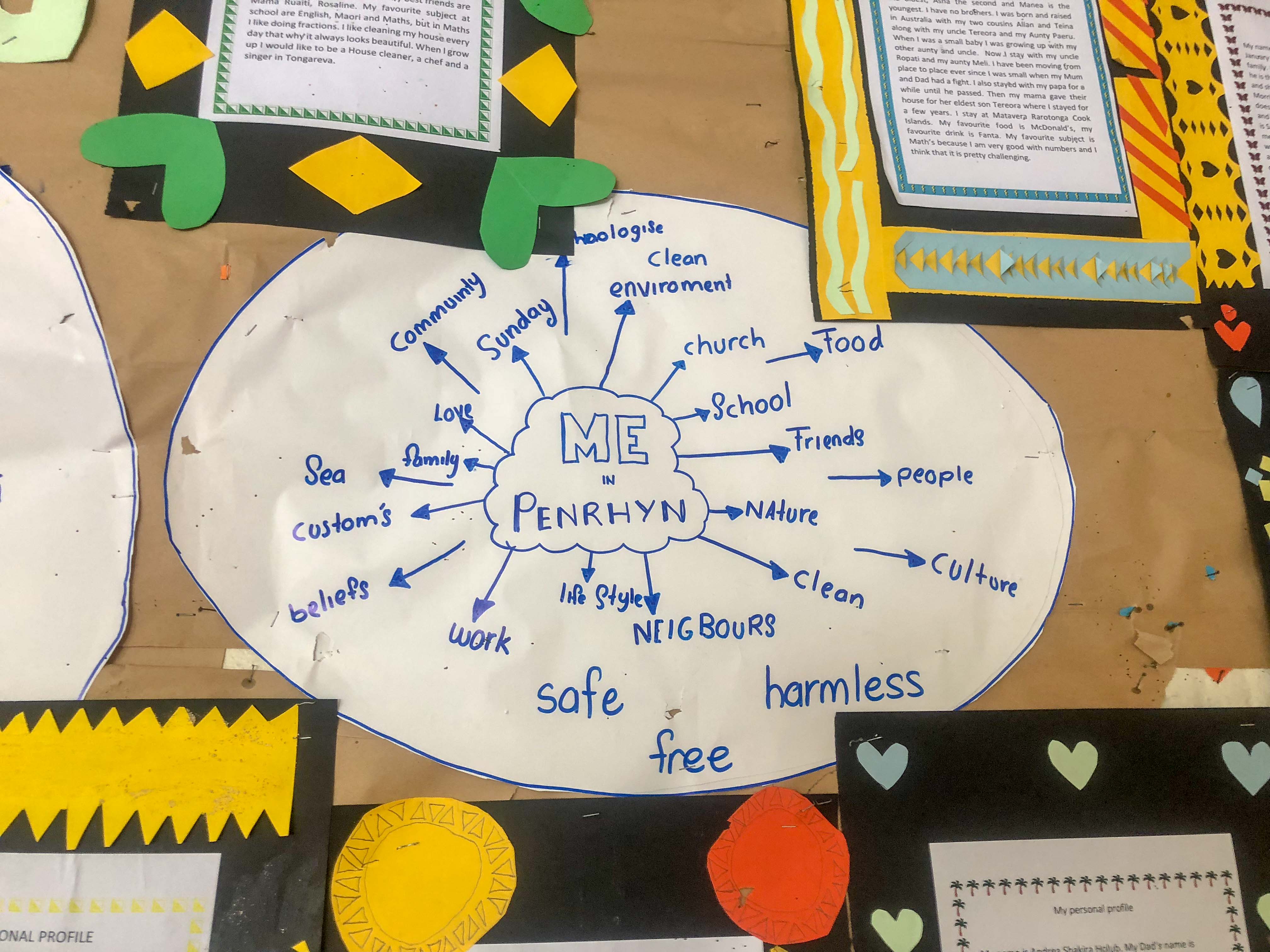

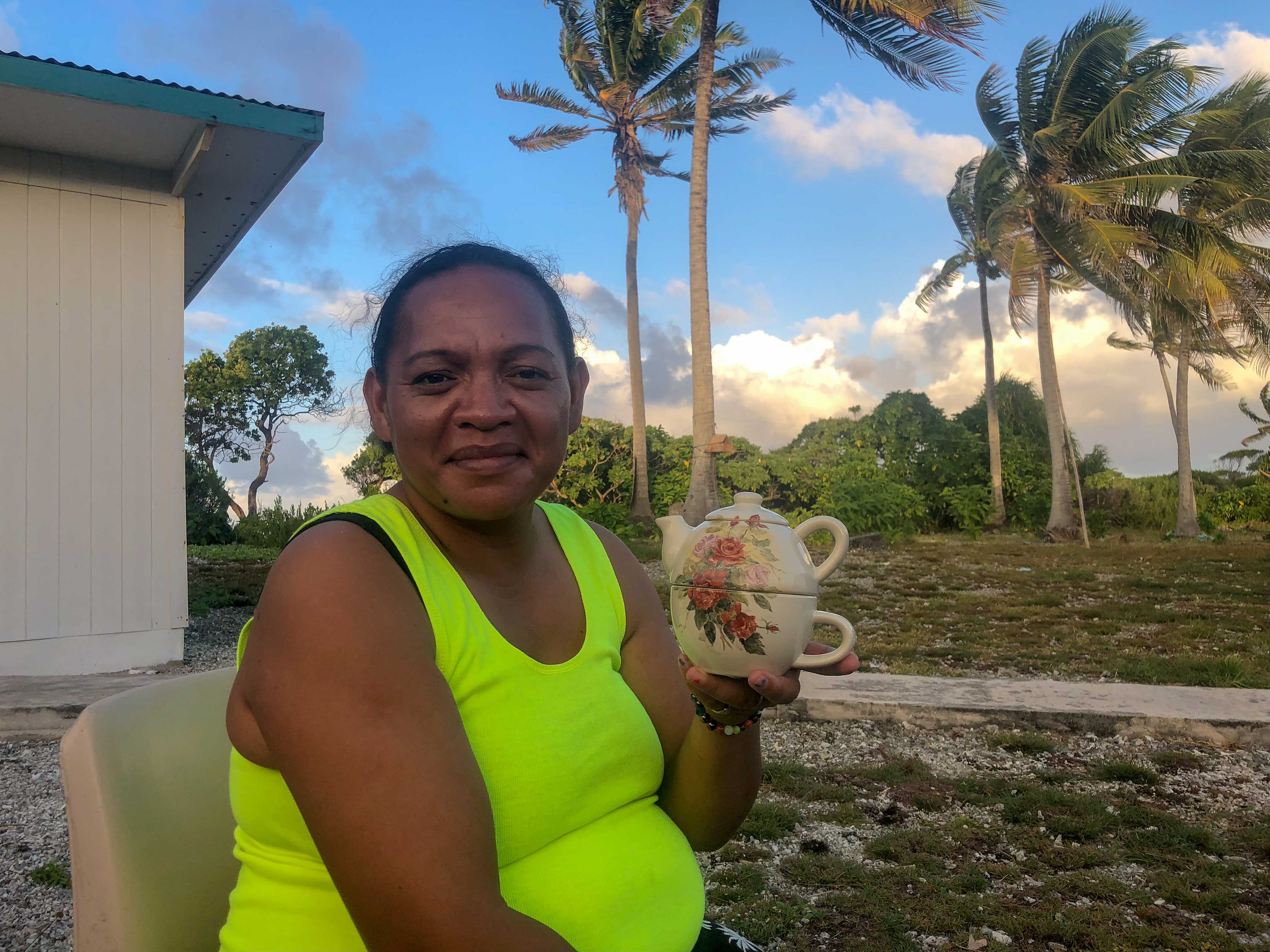
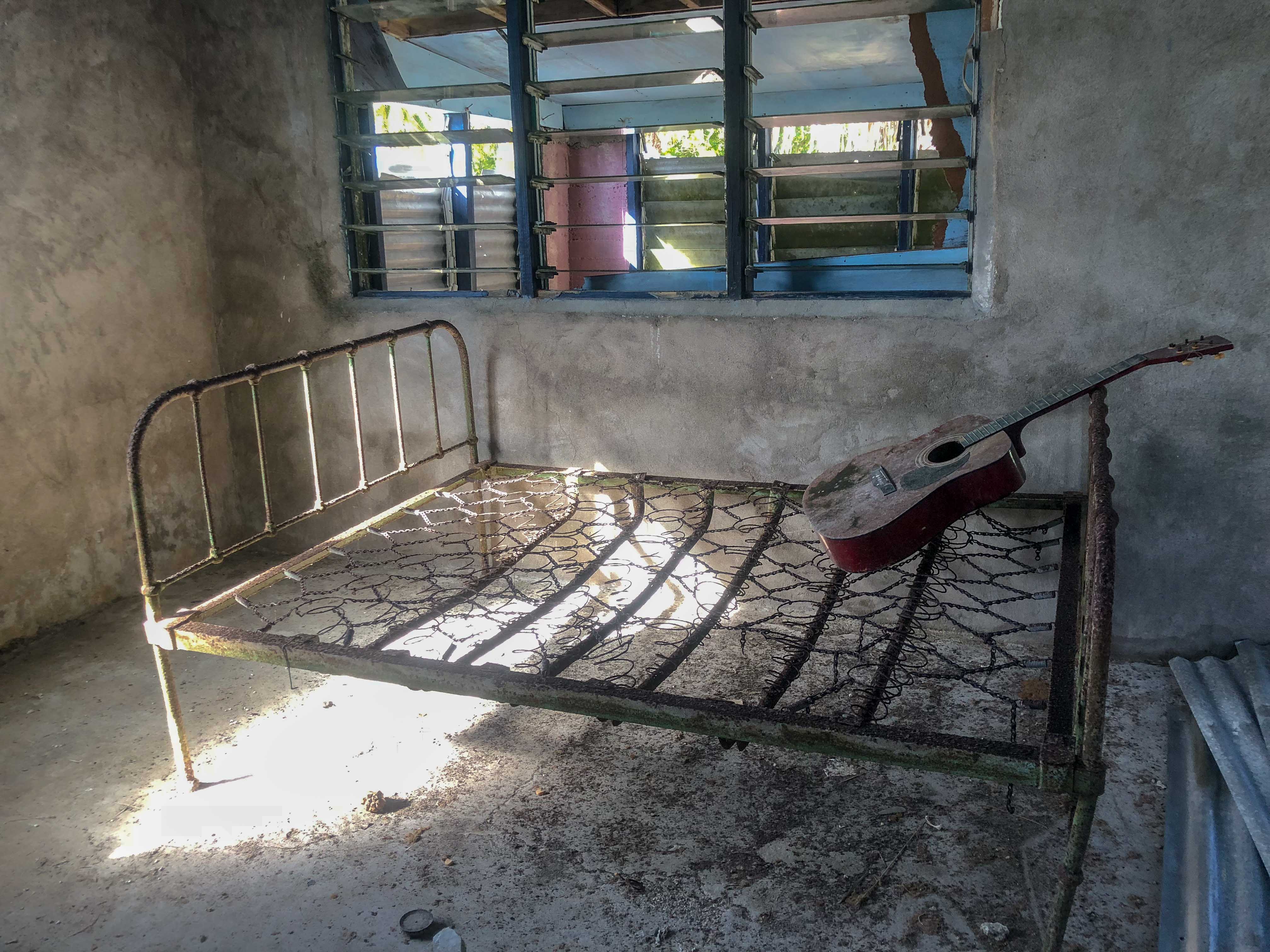
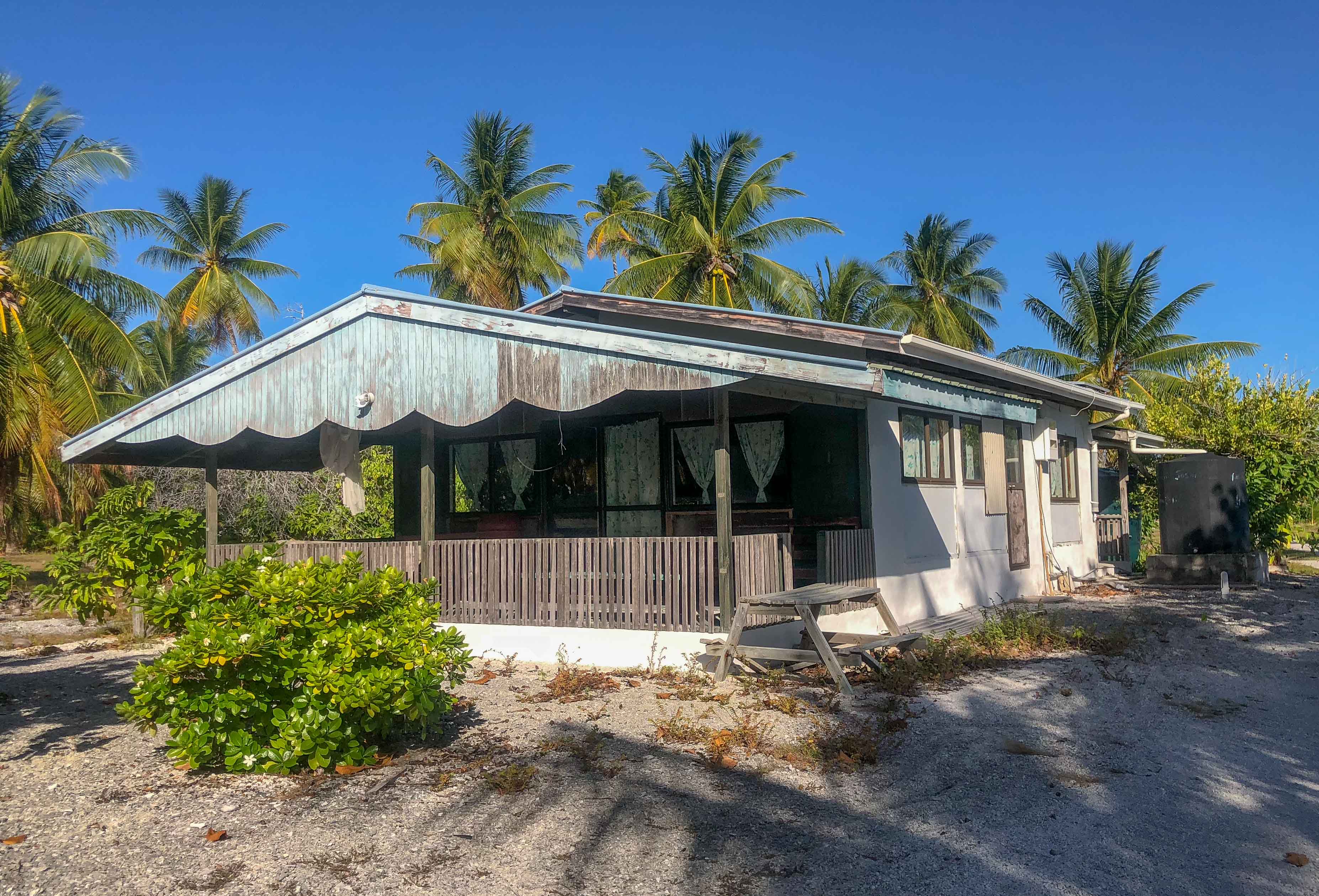
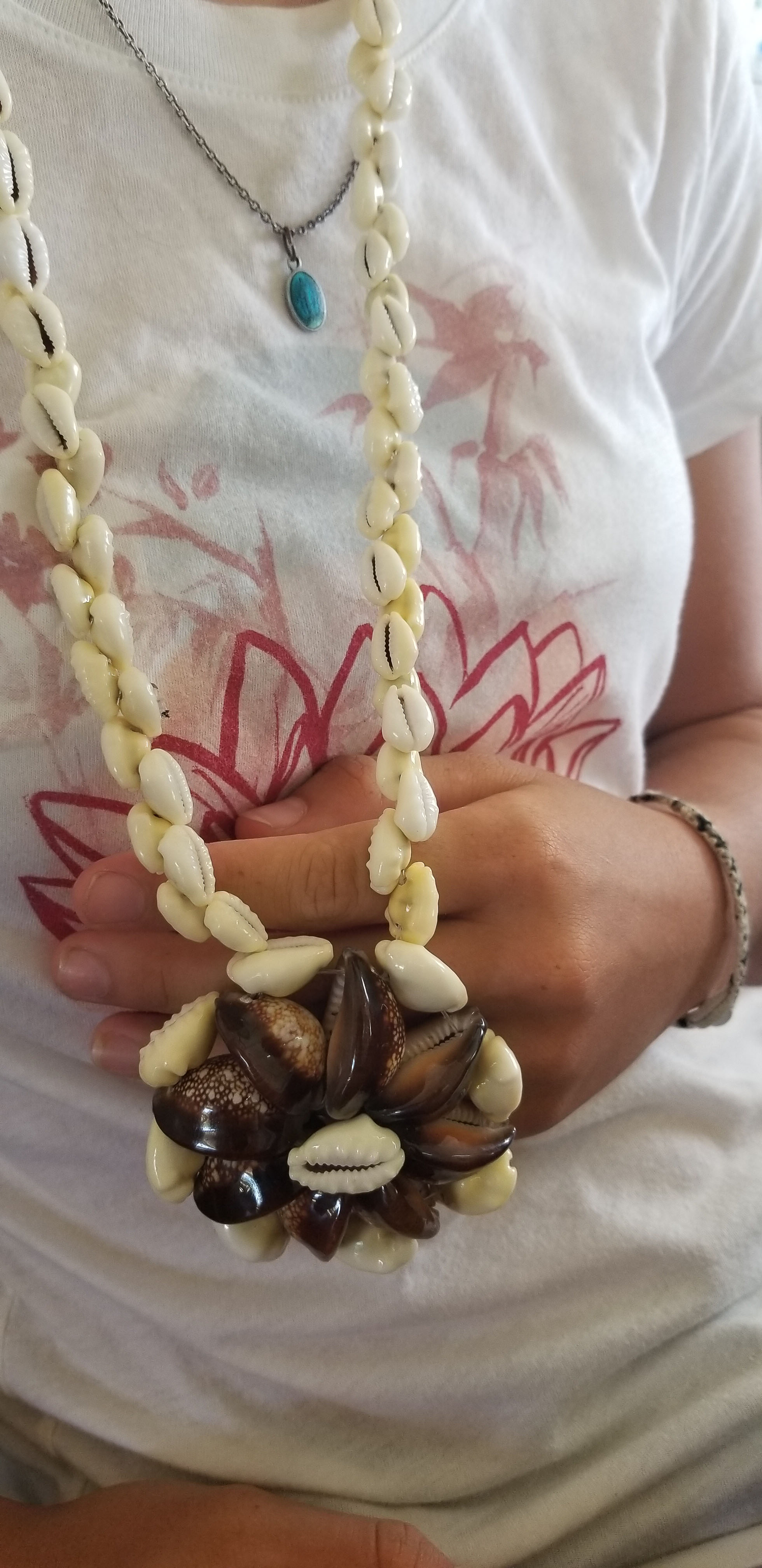
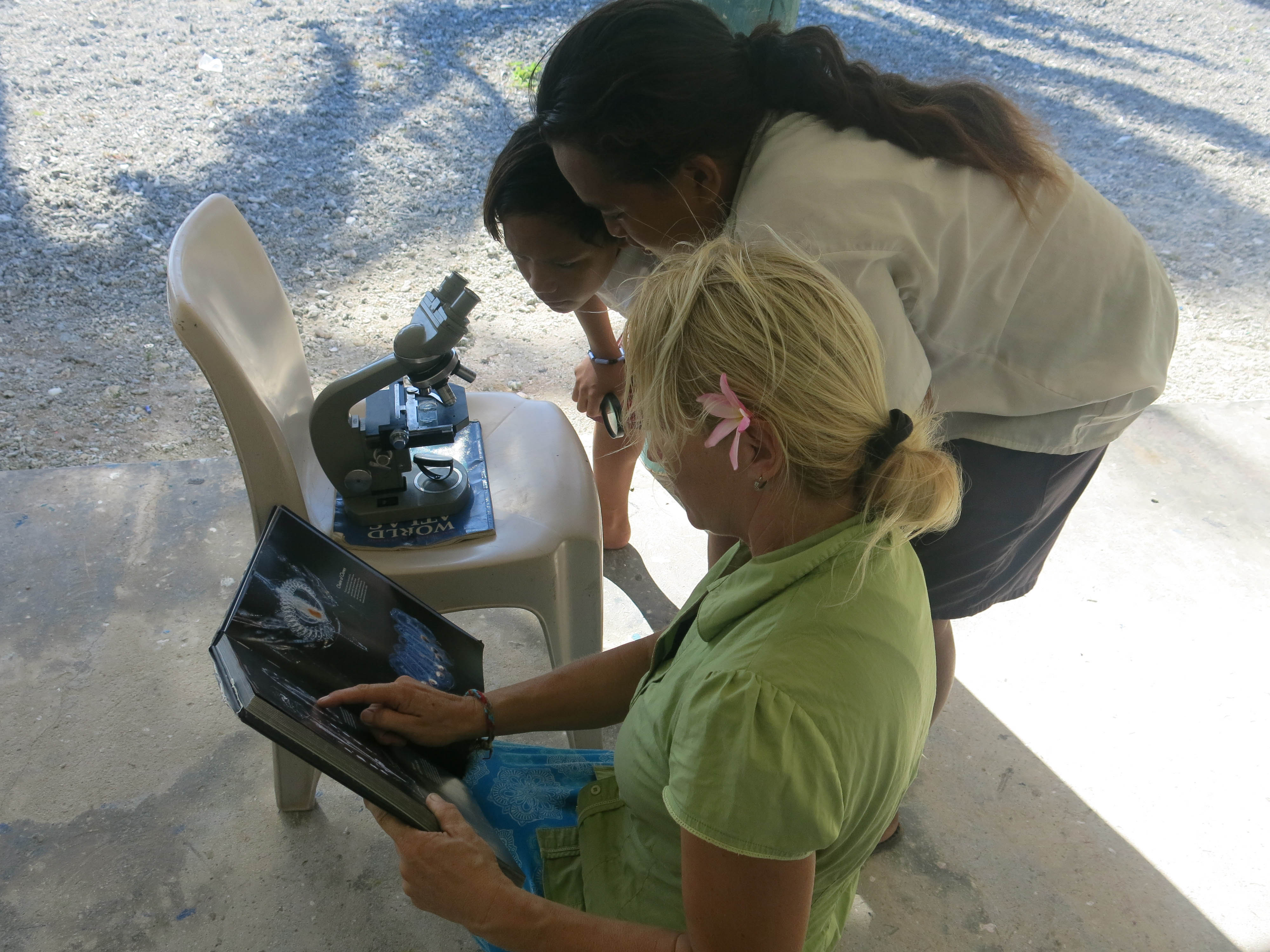
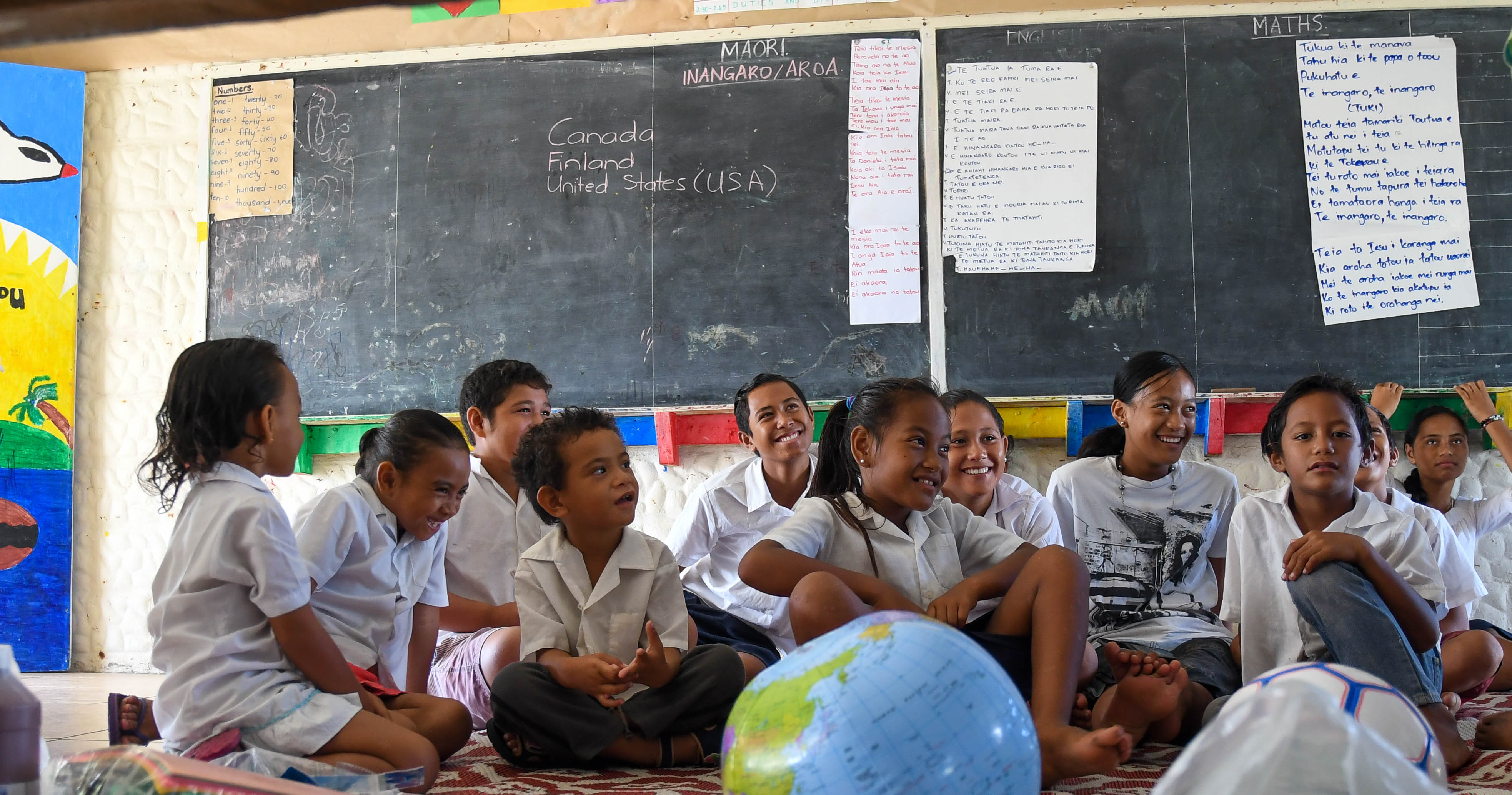
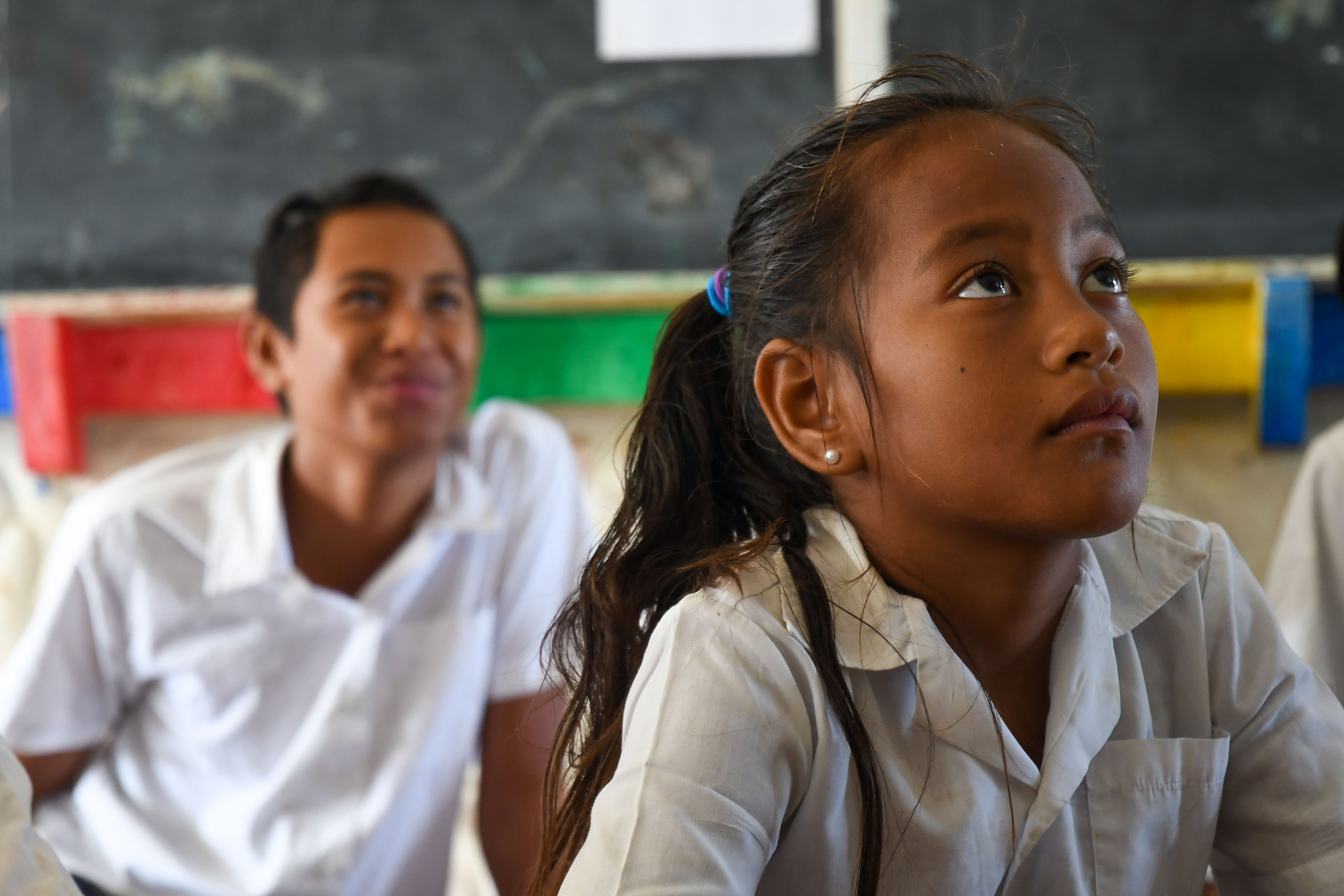
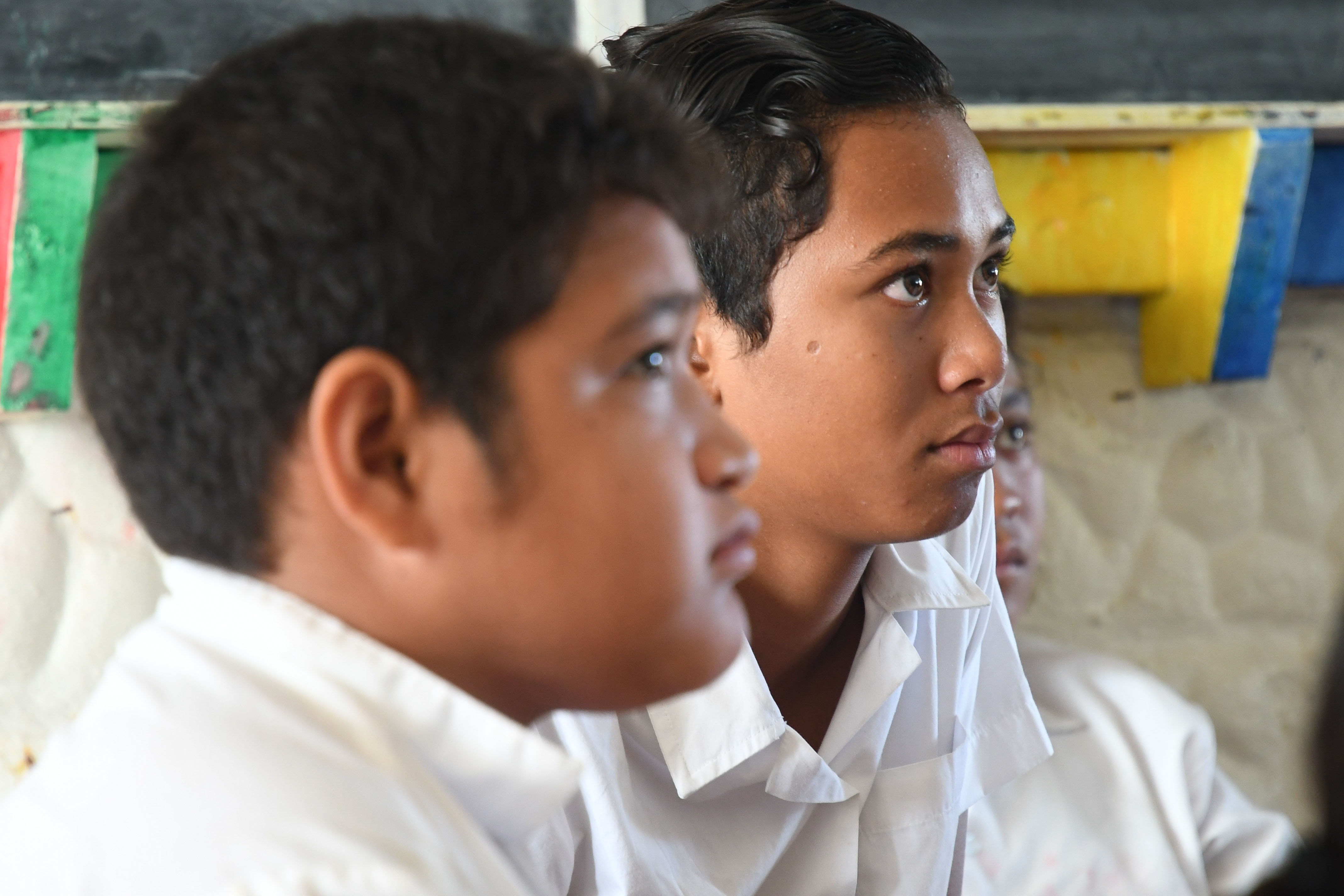
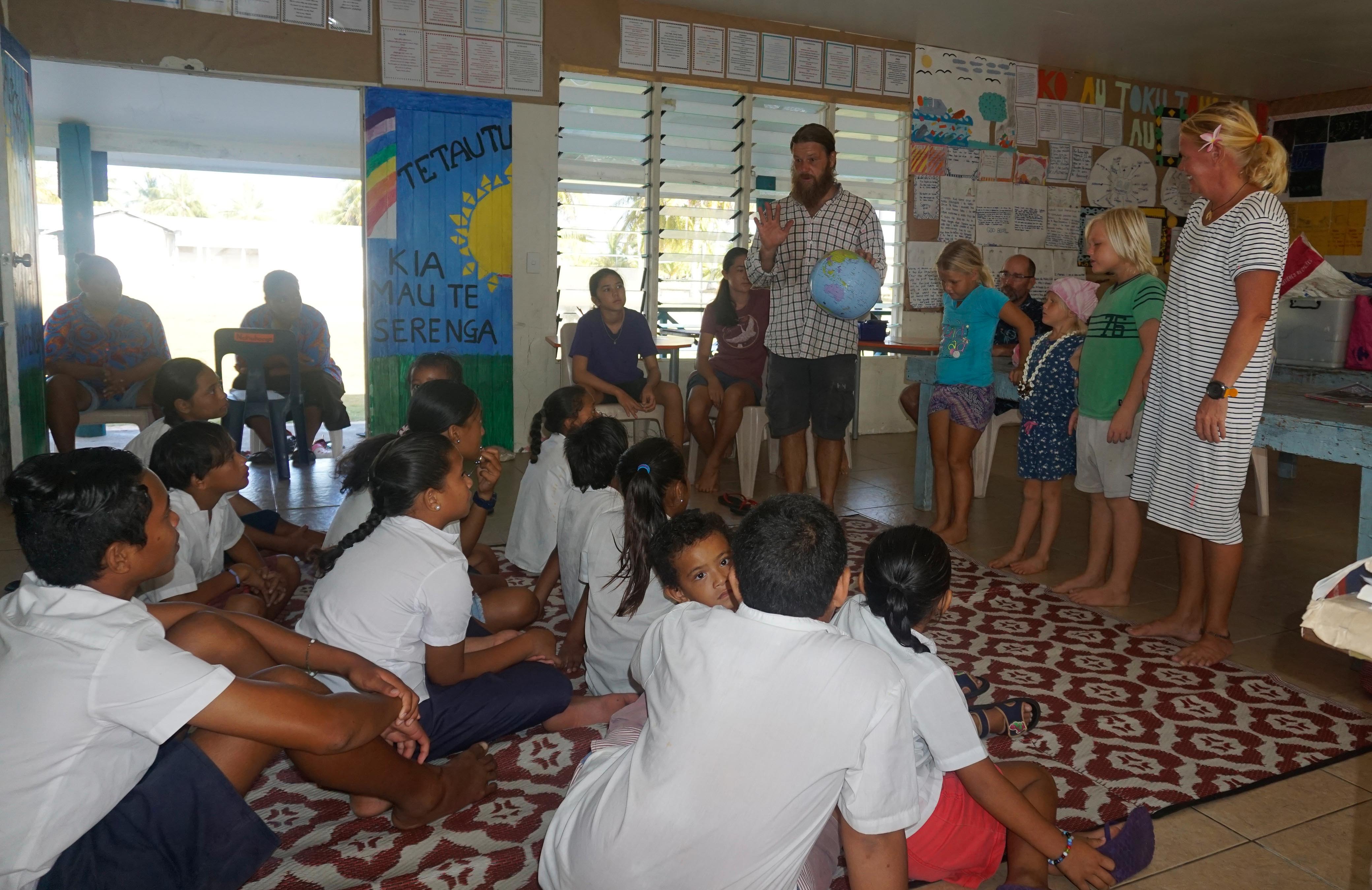
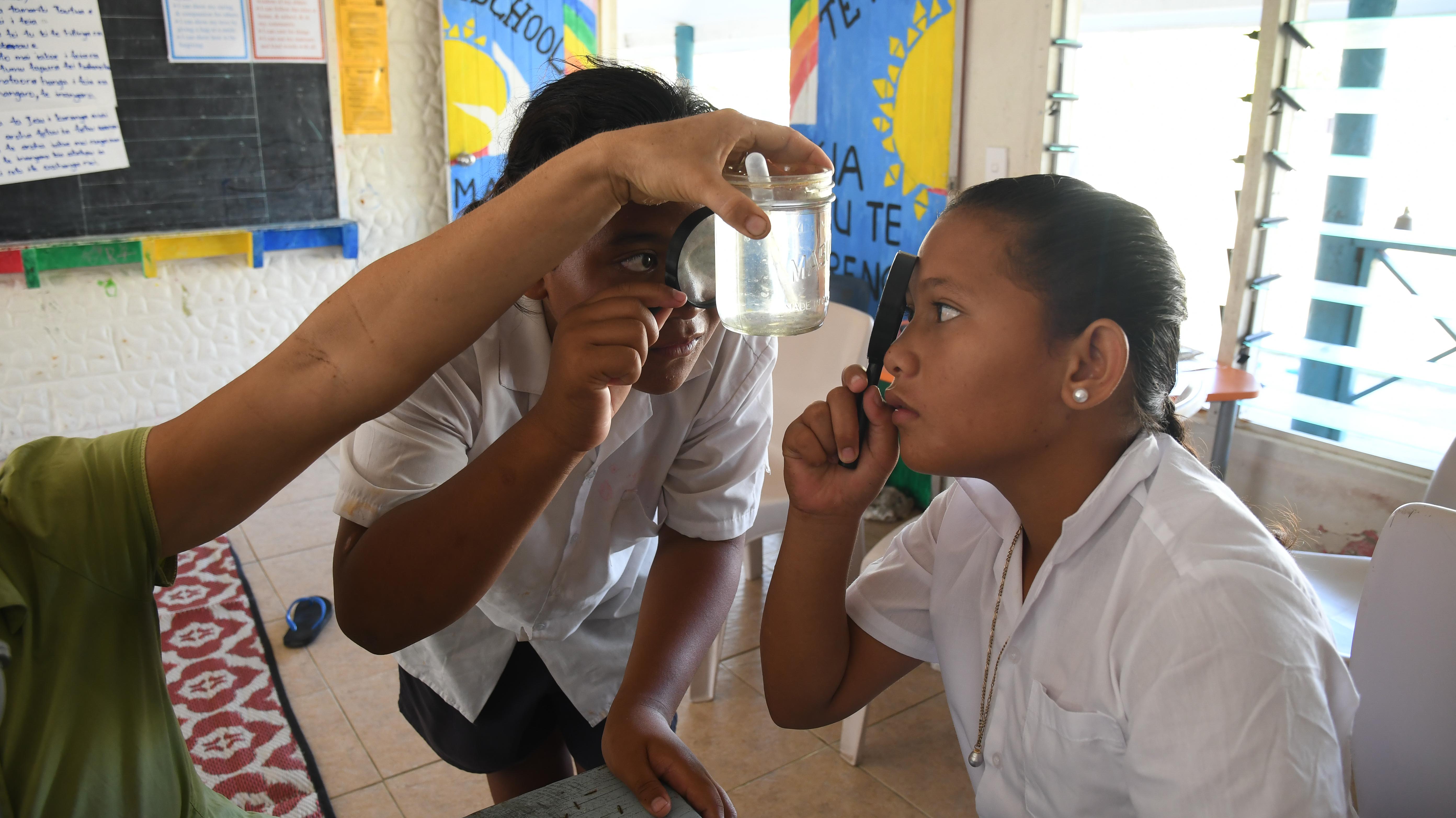
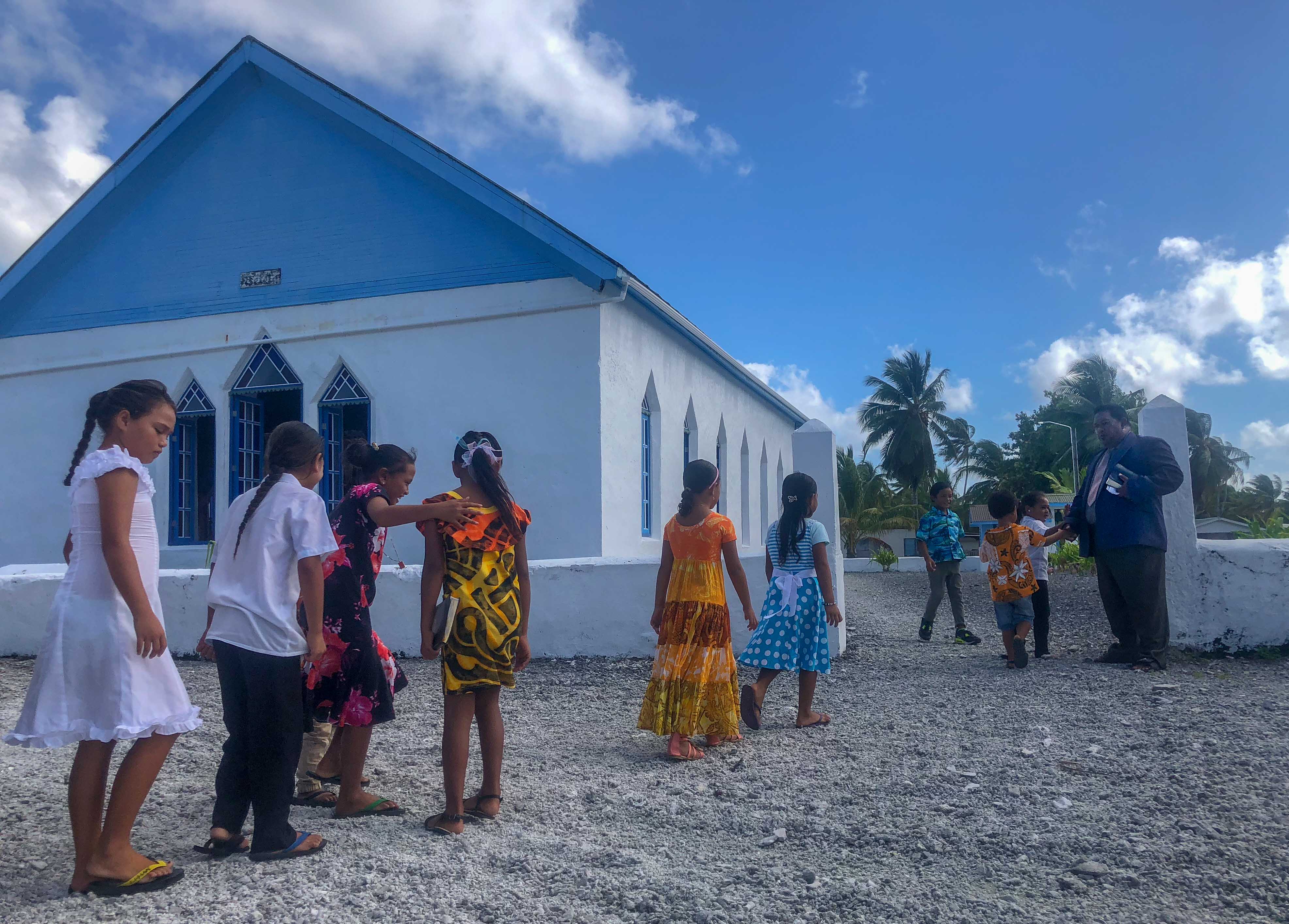
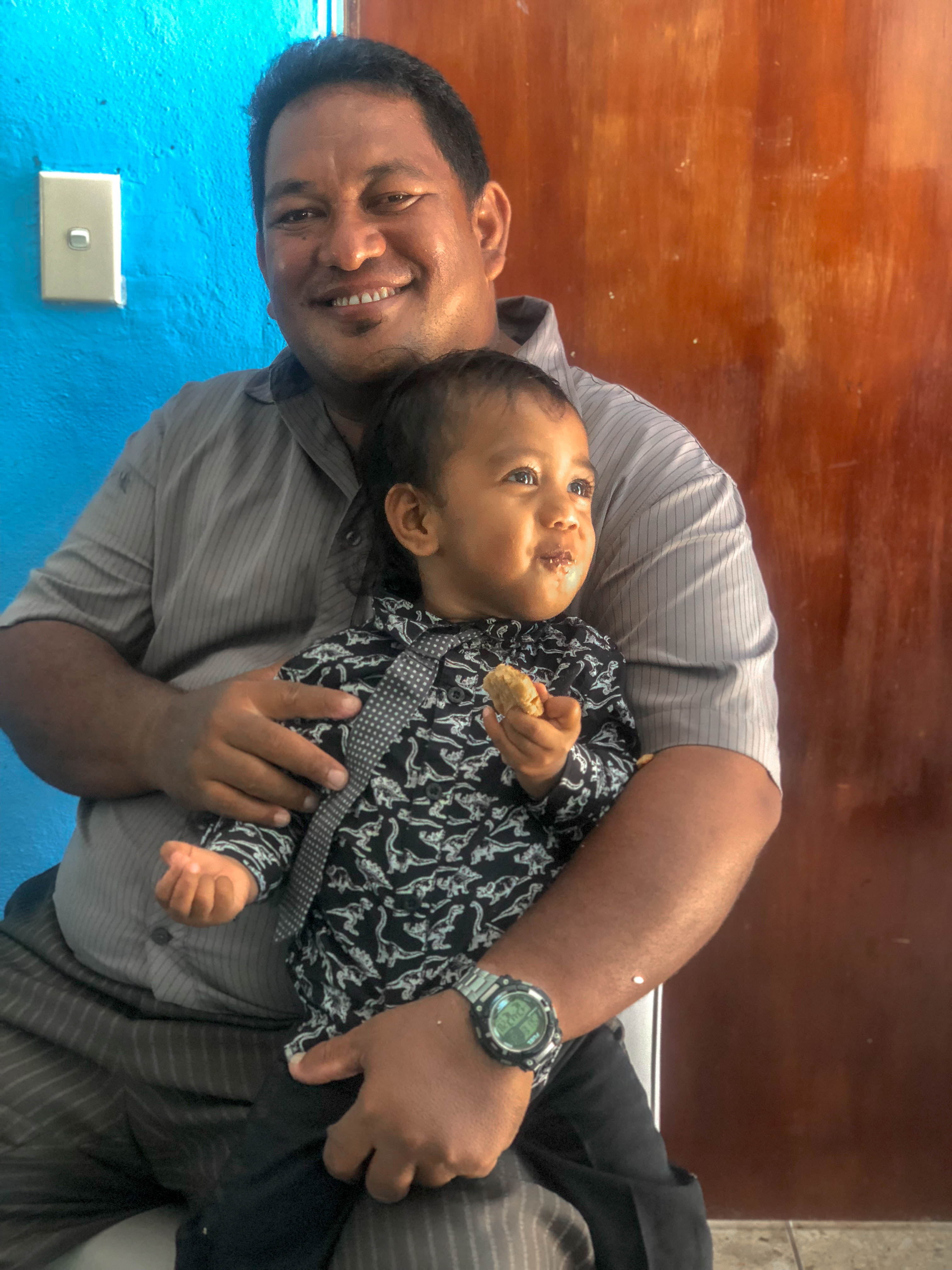
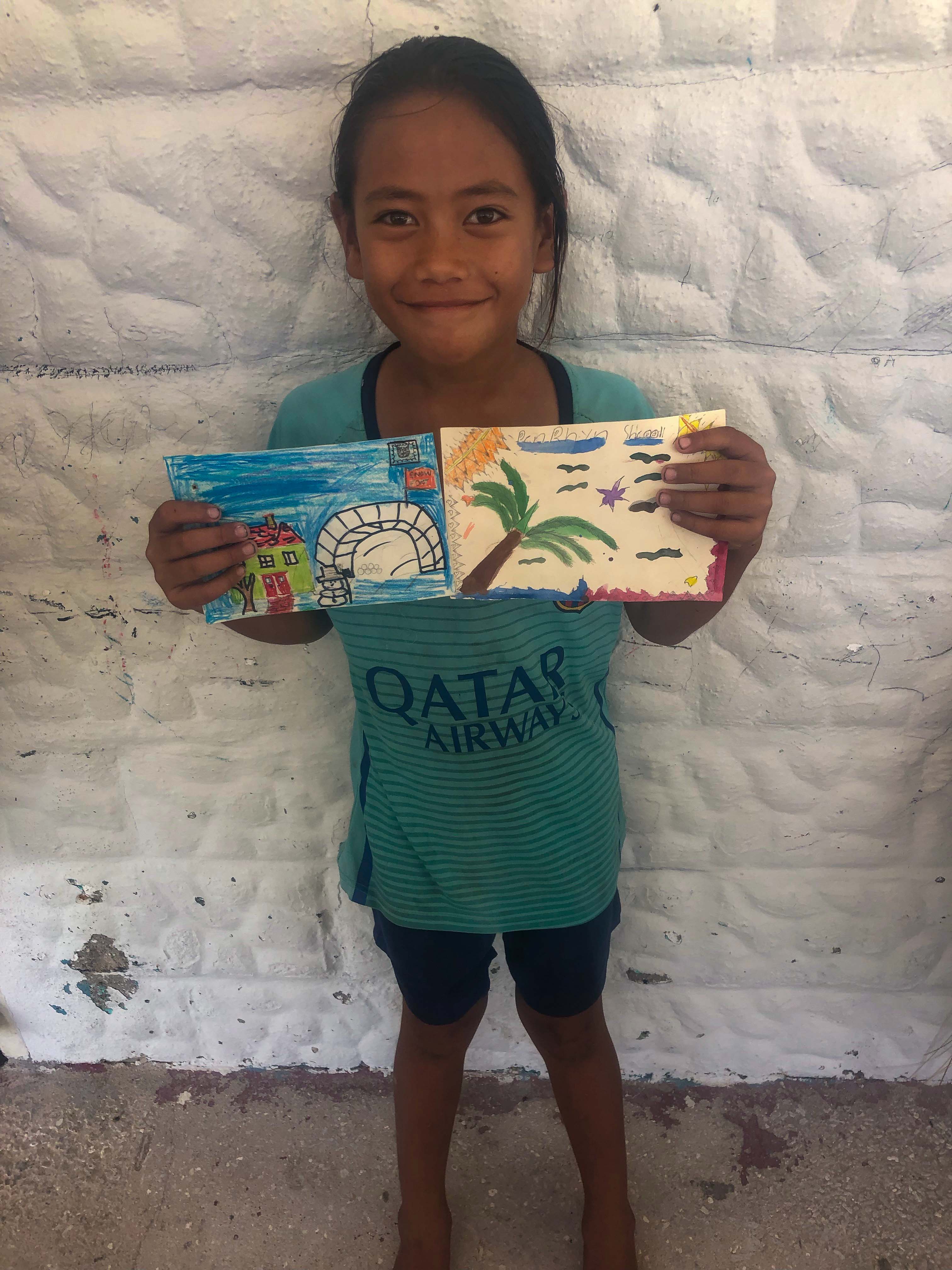
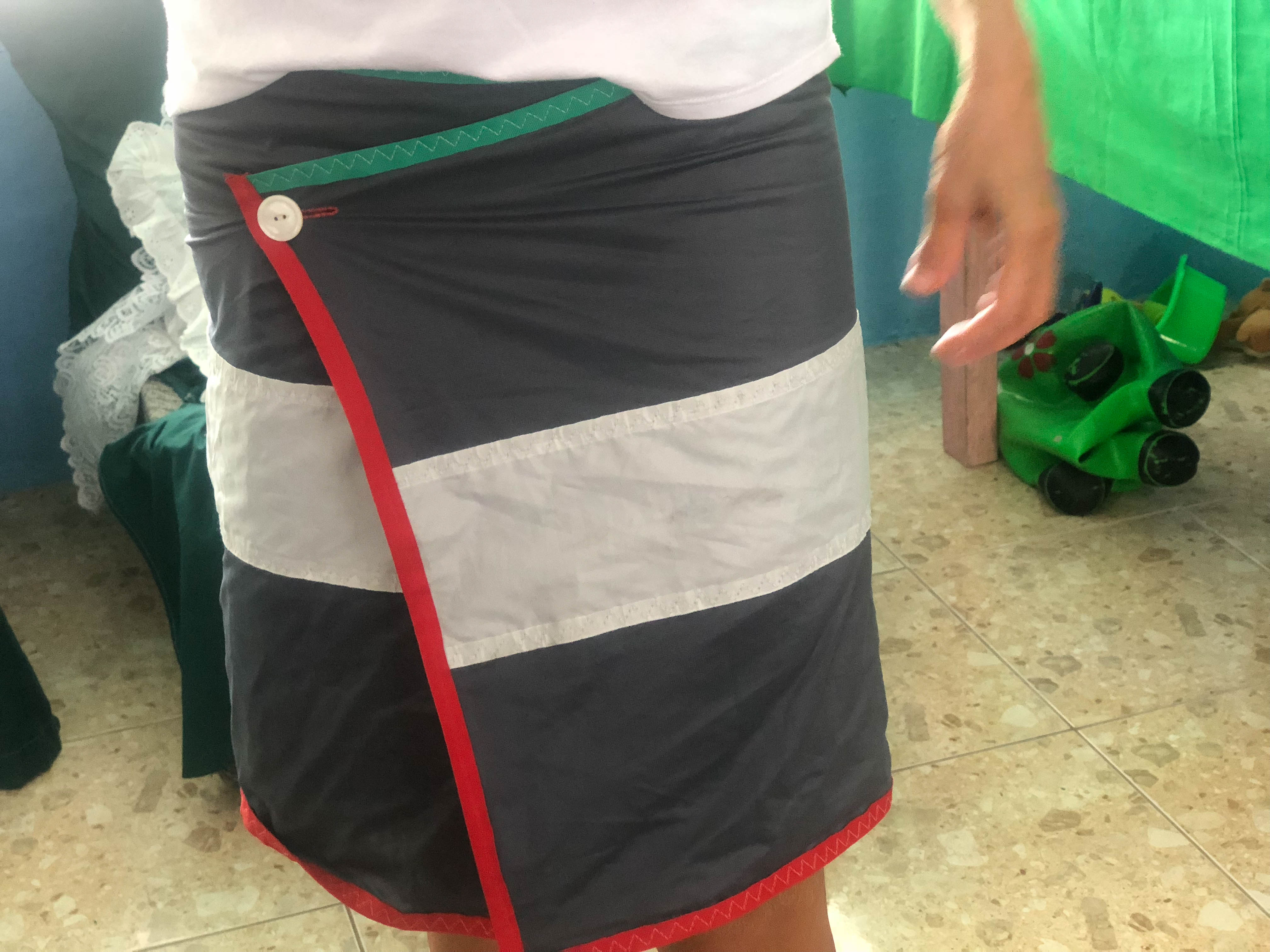
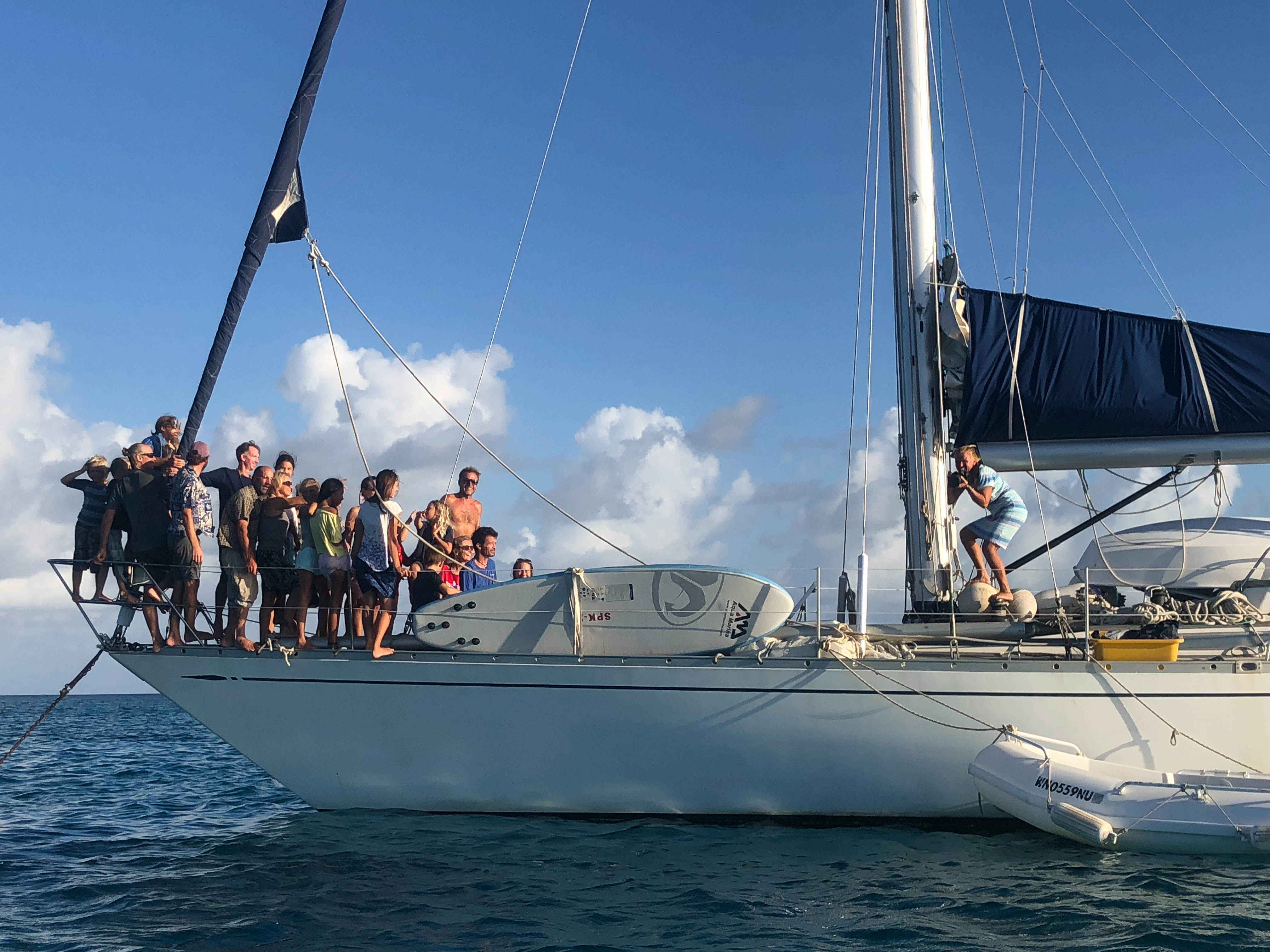
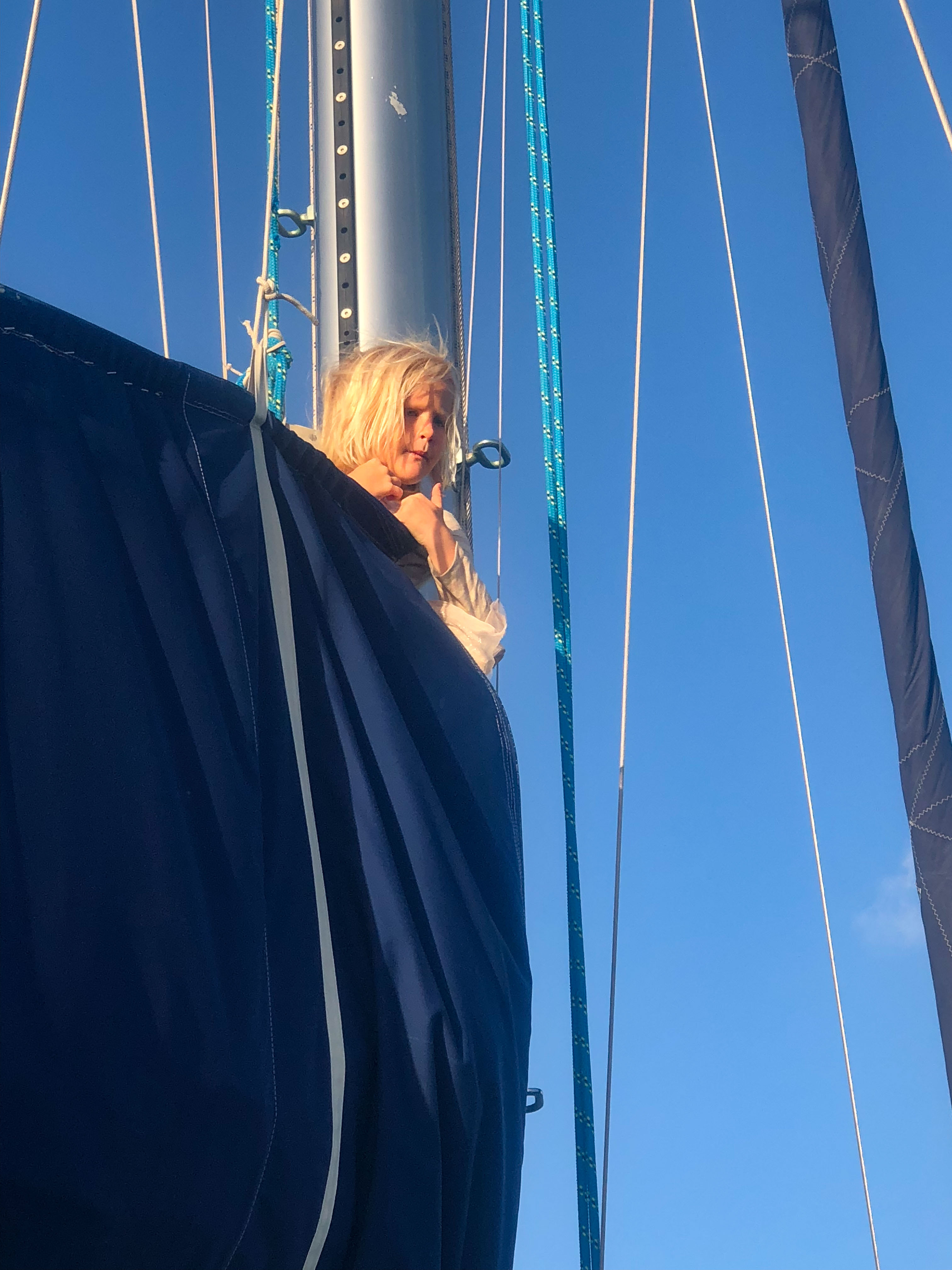
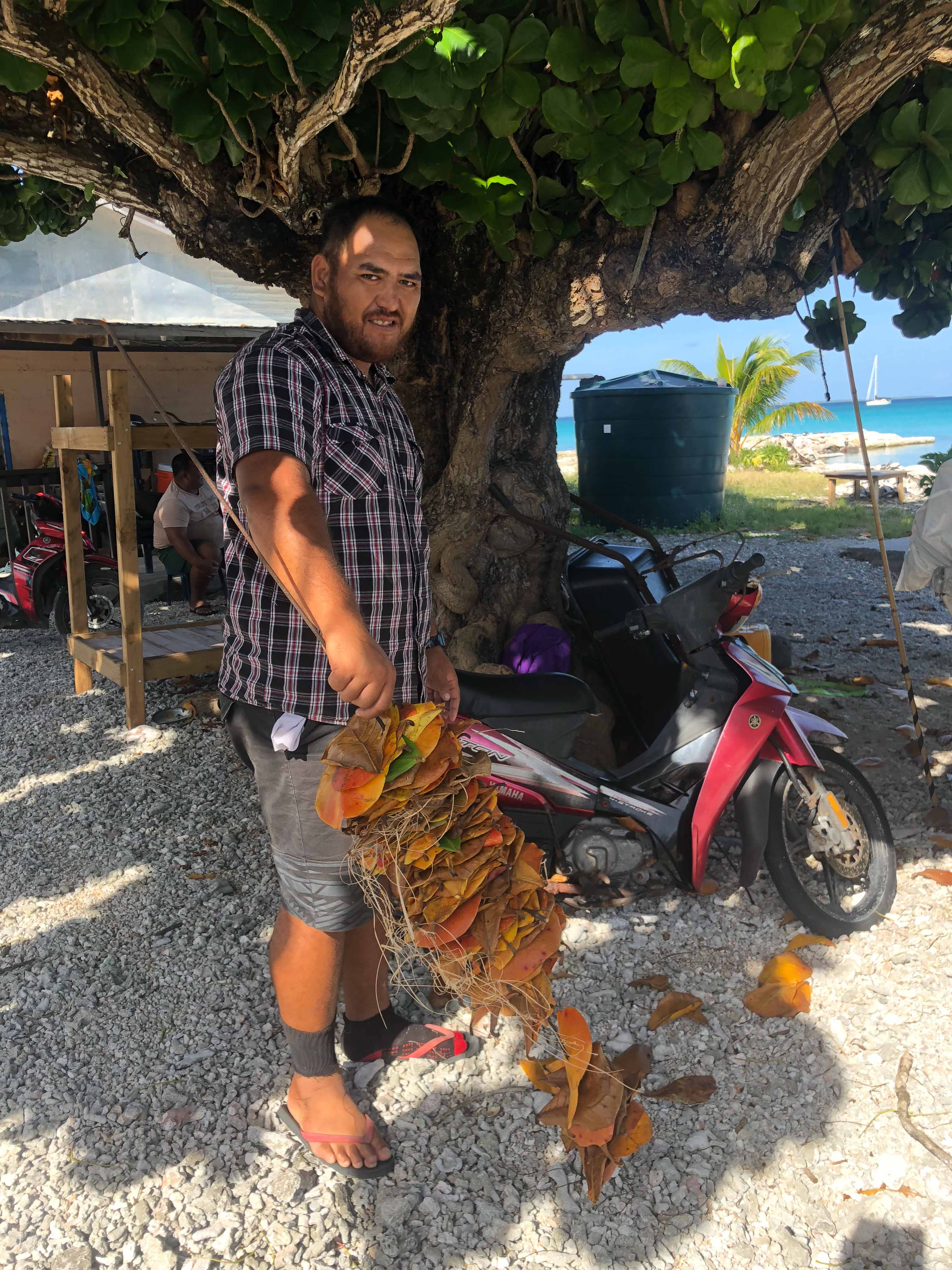
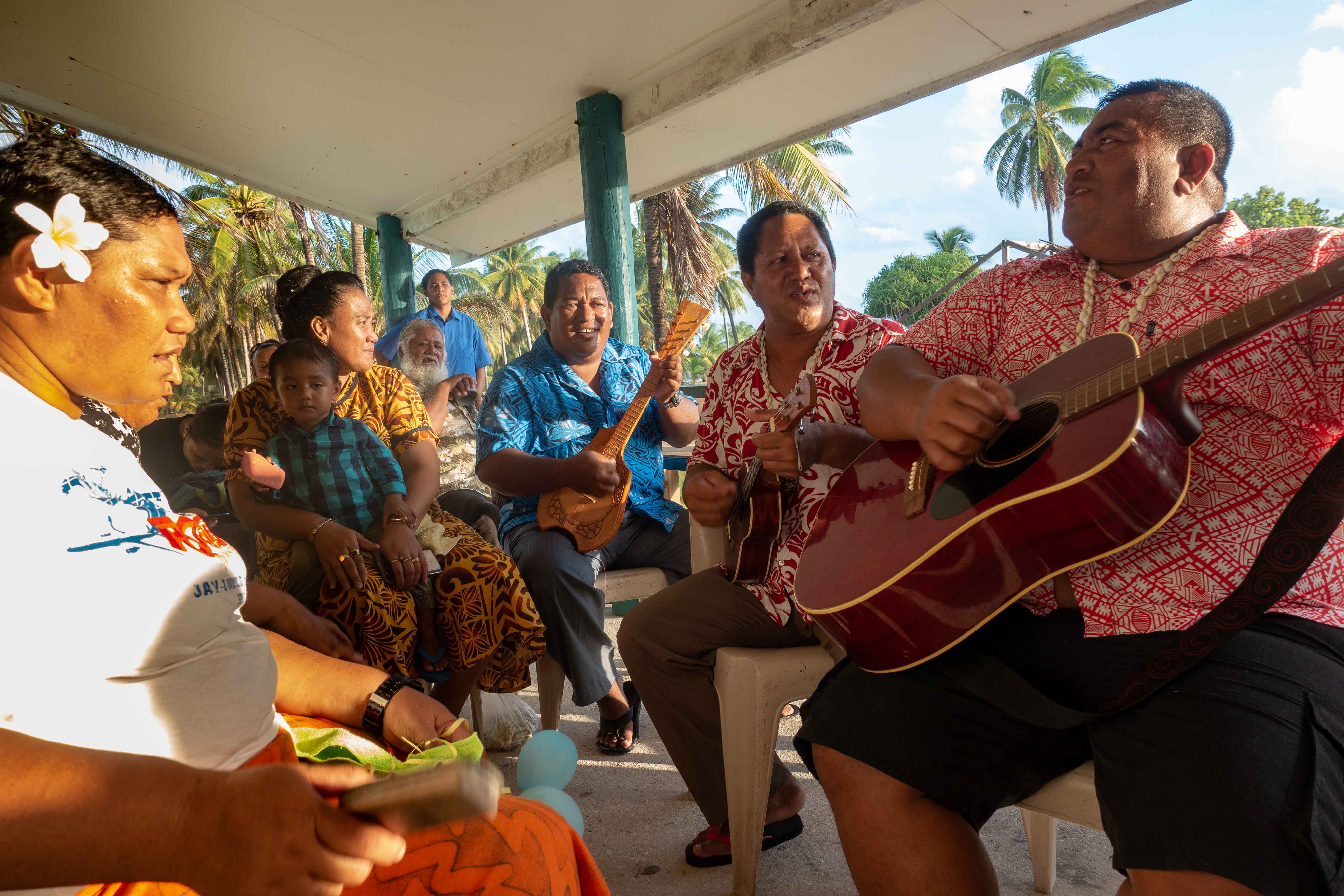
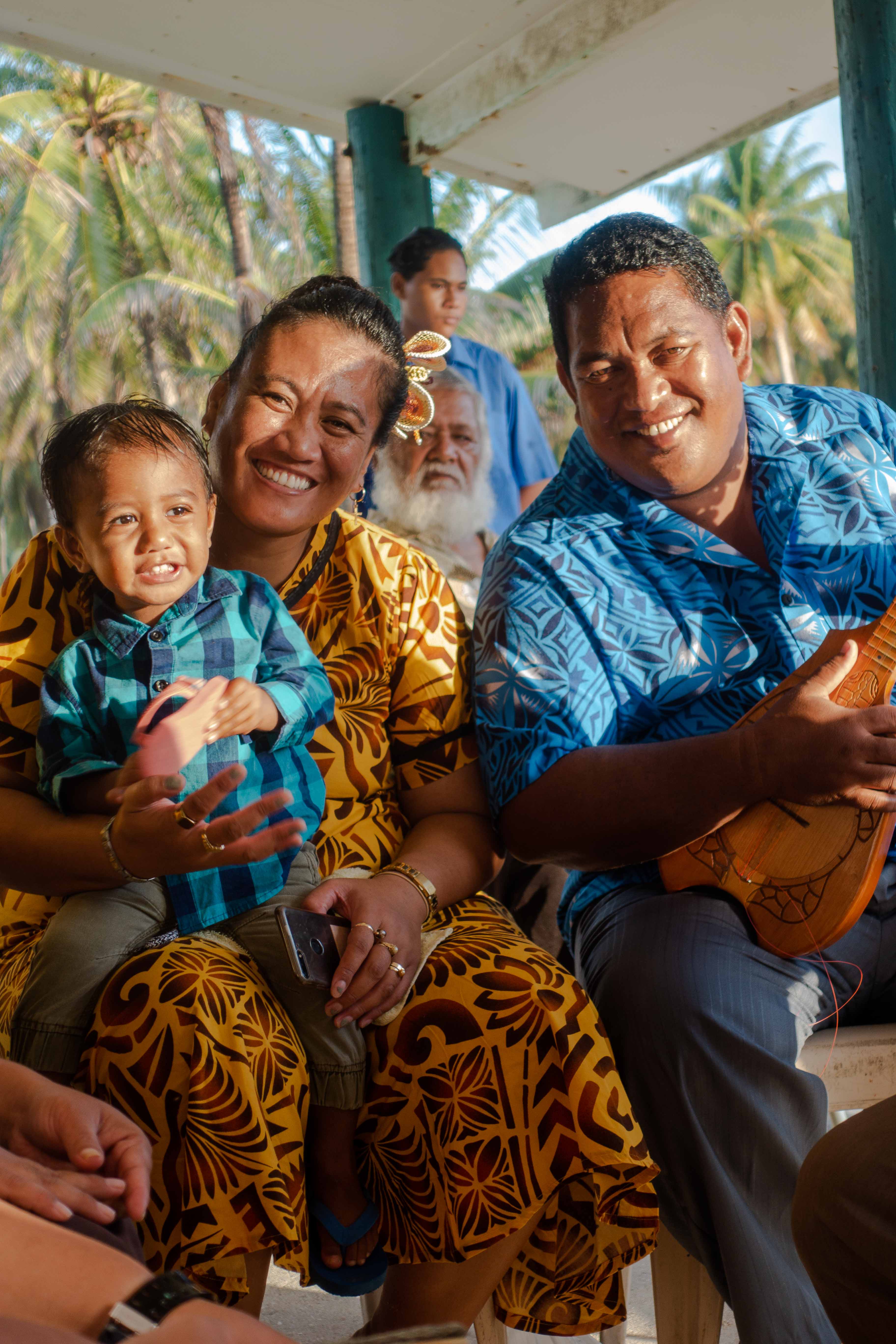

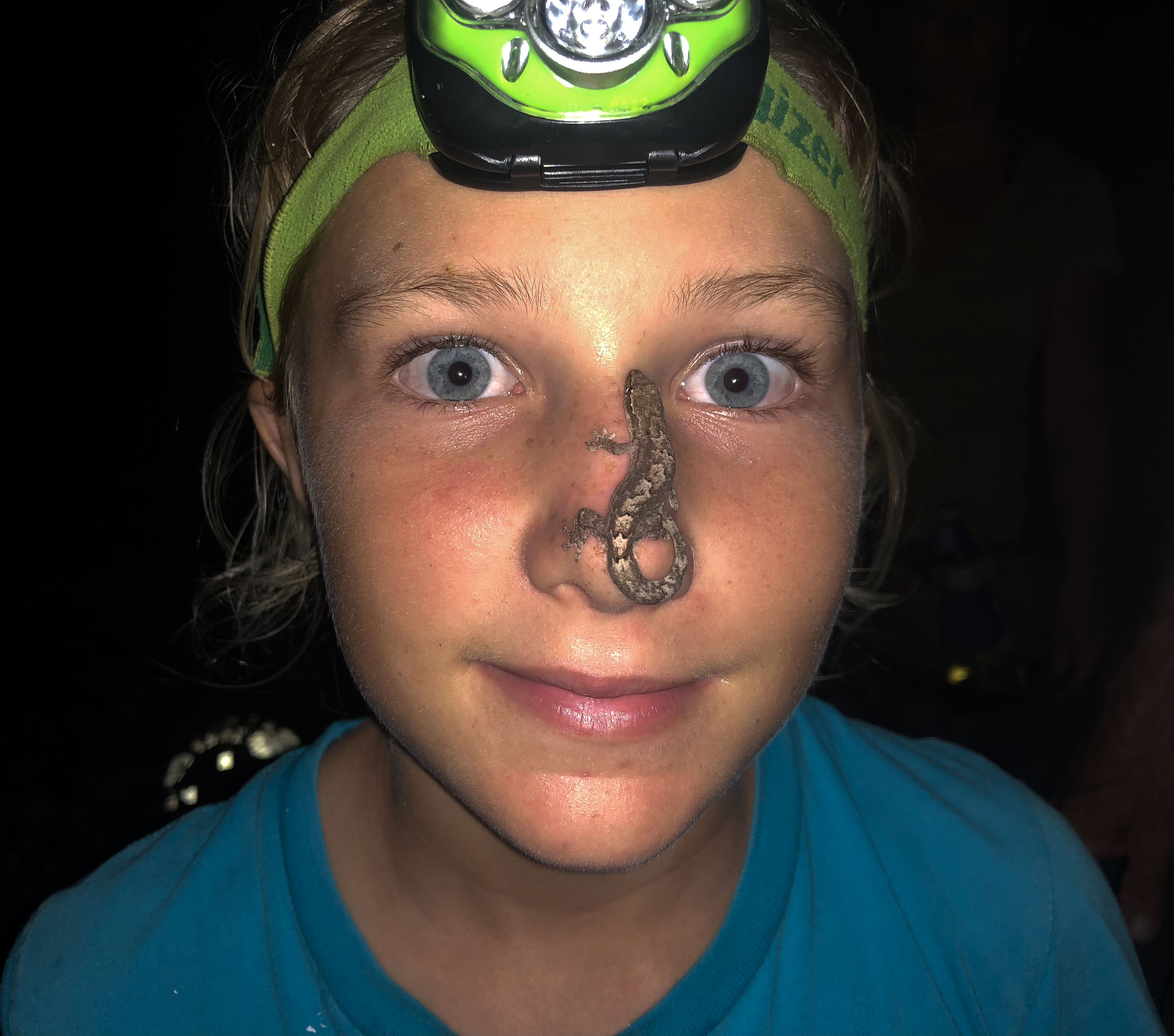
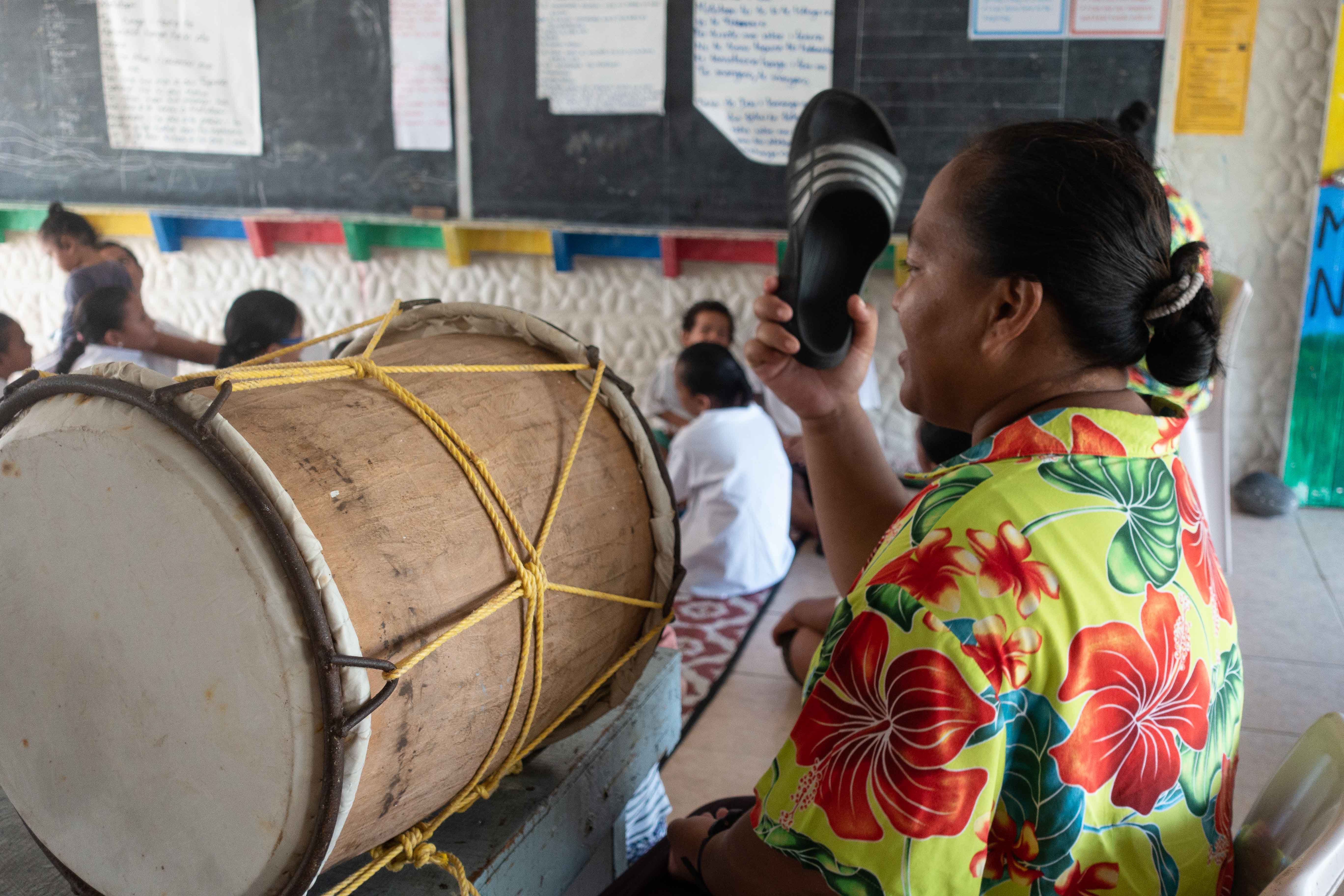
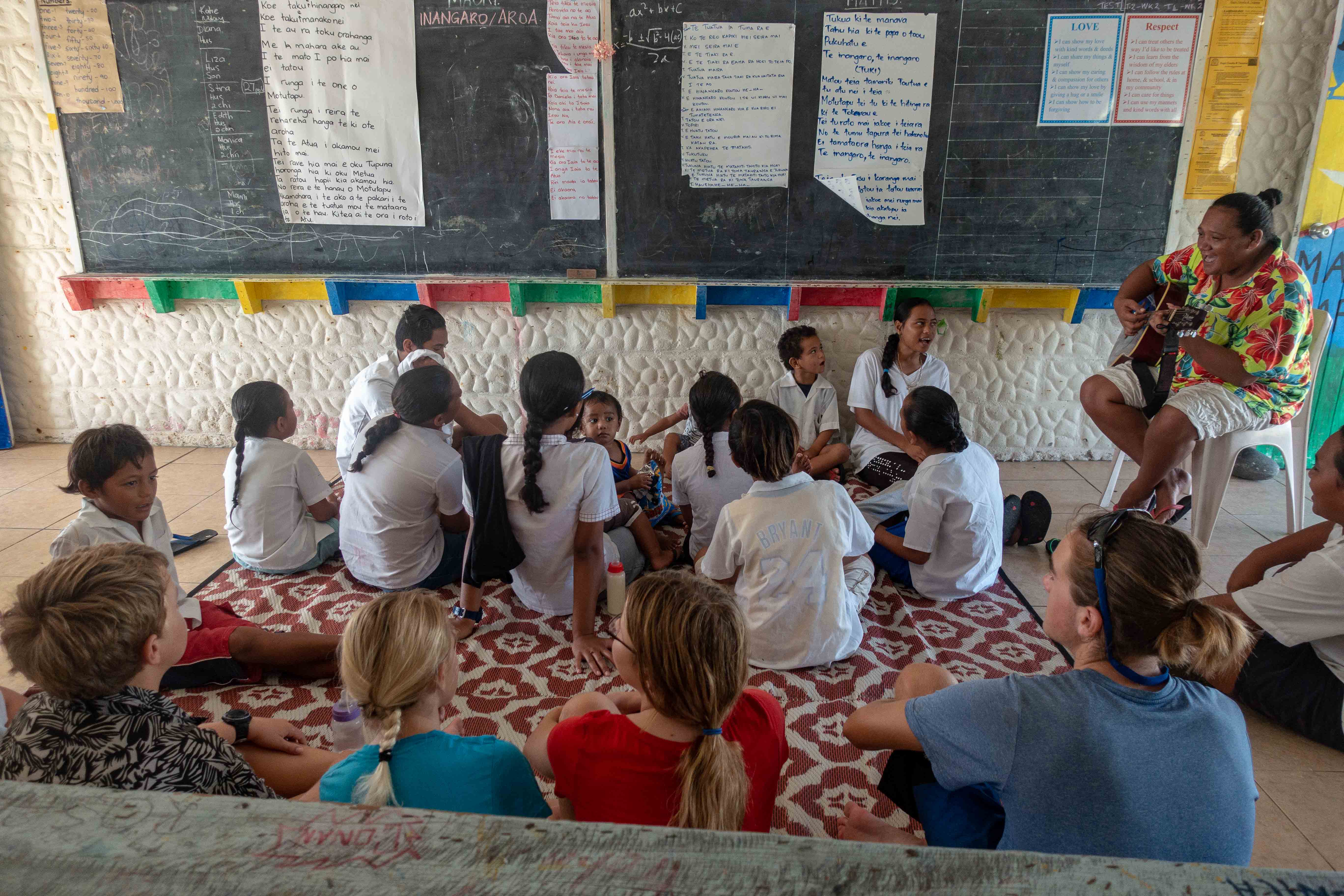

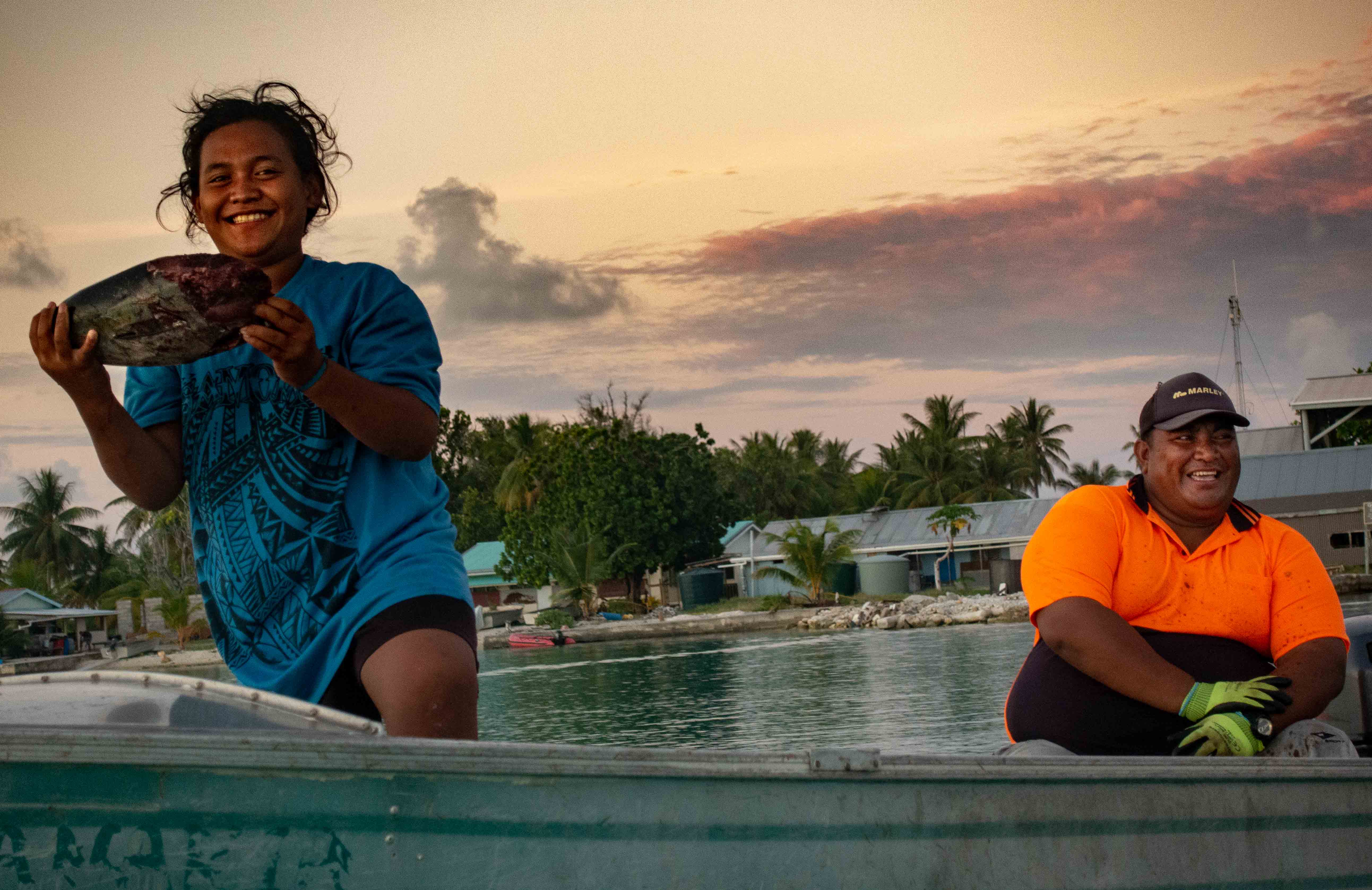
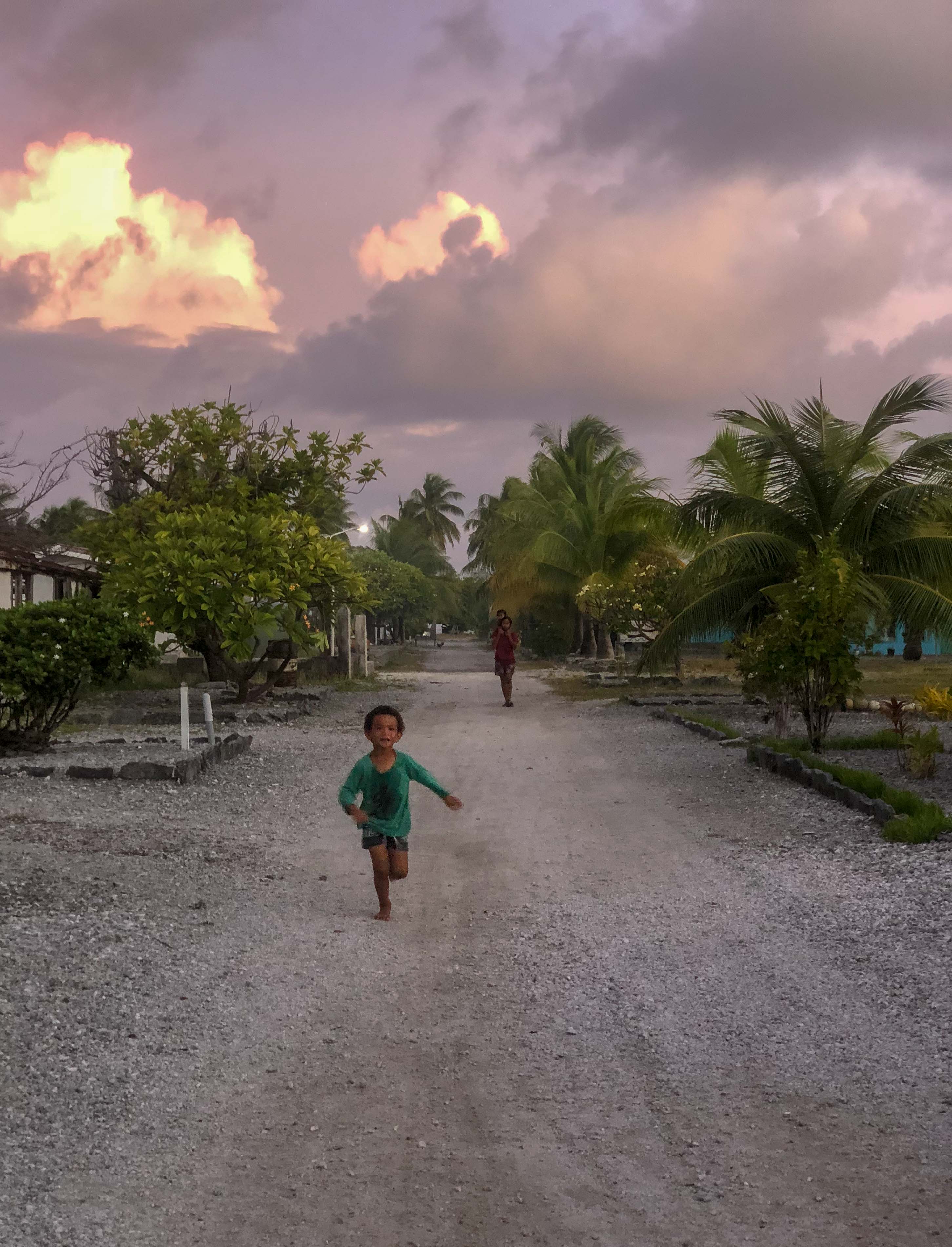
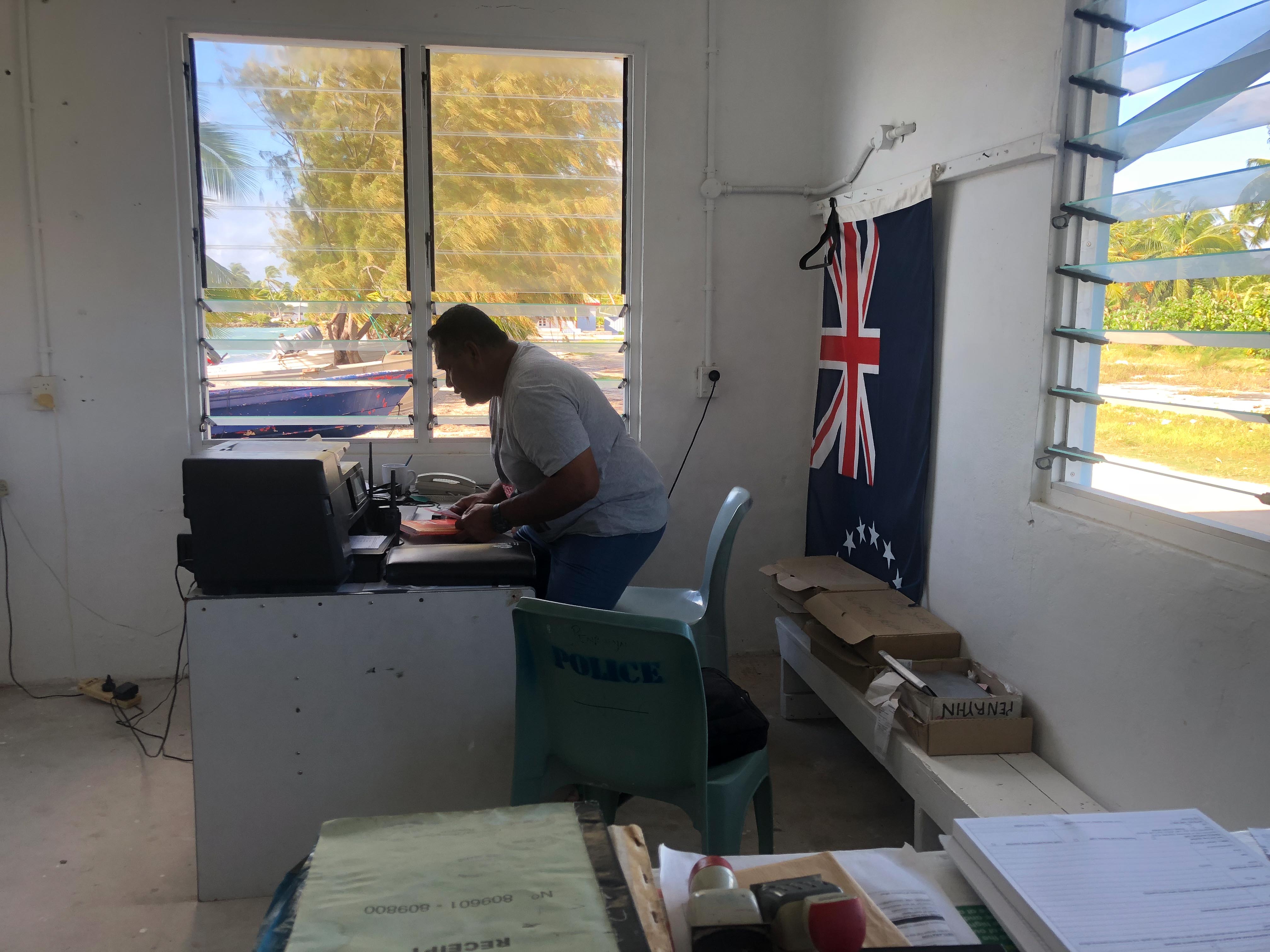

i felt so honored to go along with you to Penrhyn! What a dedicated amount of enthusiastic energy came across in the viewing of this album. Forever grateful for having such descriptions to go along with the satellite views on the Delorme!